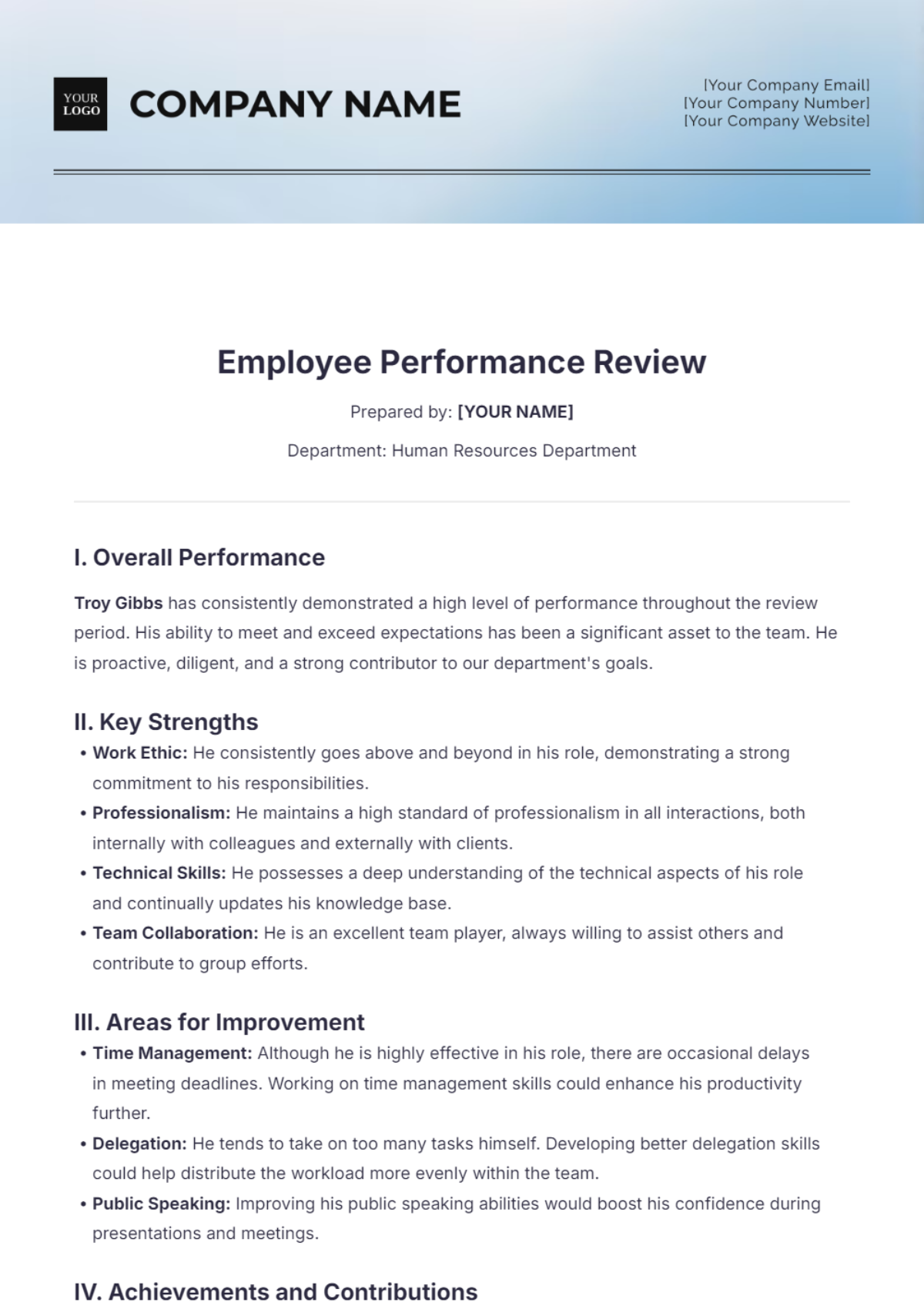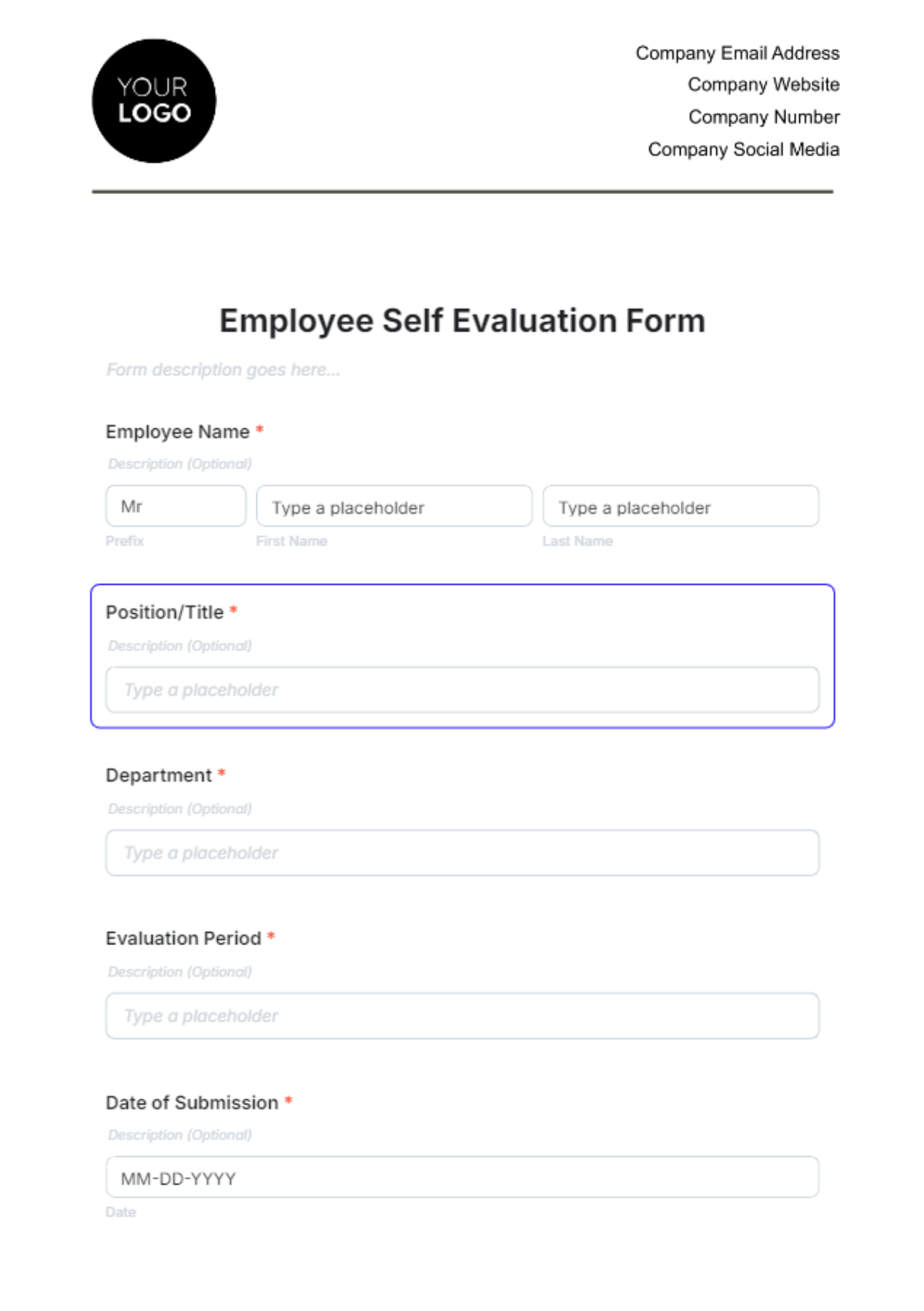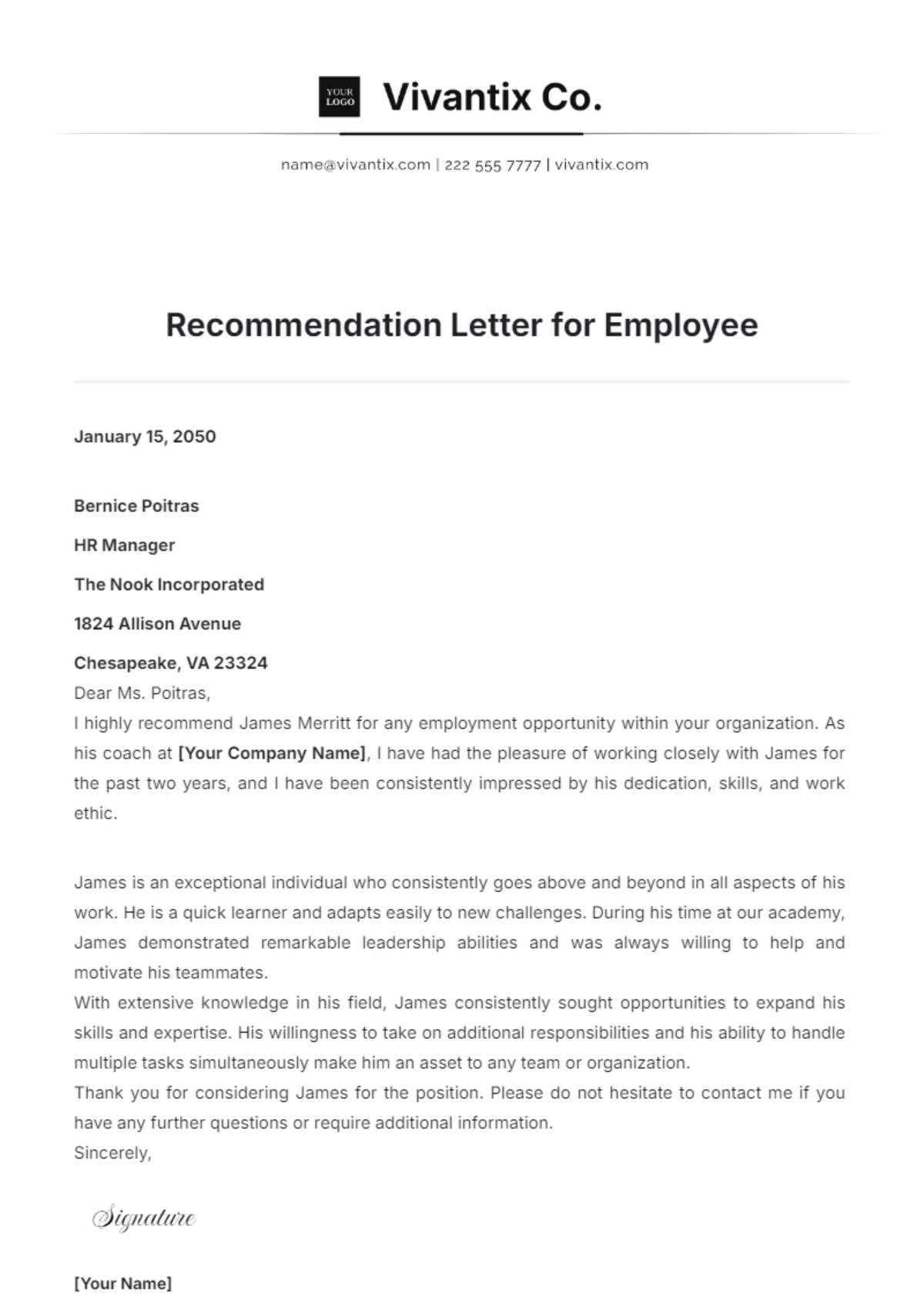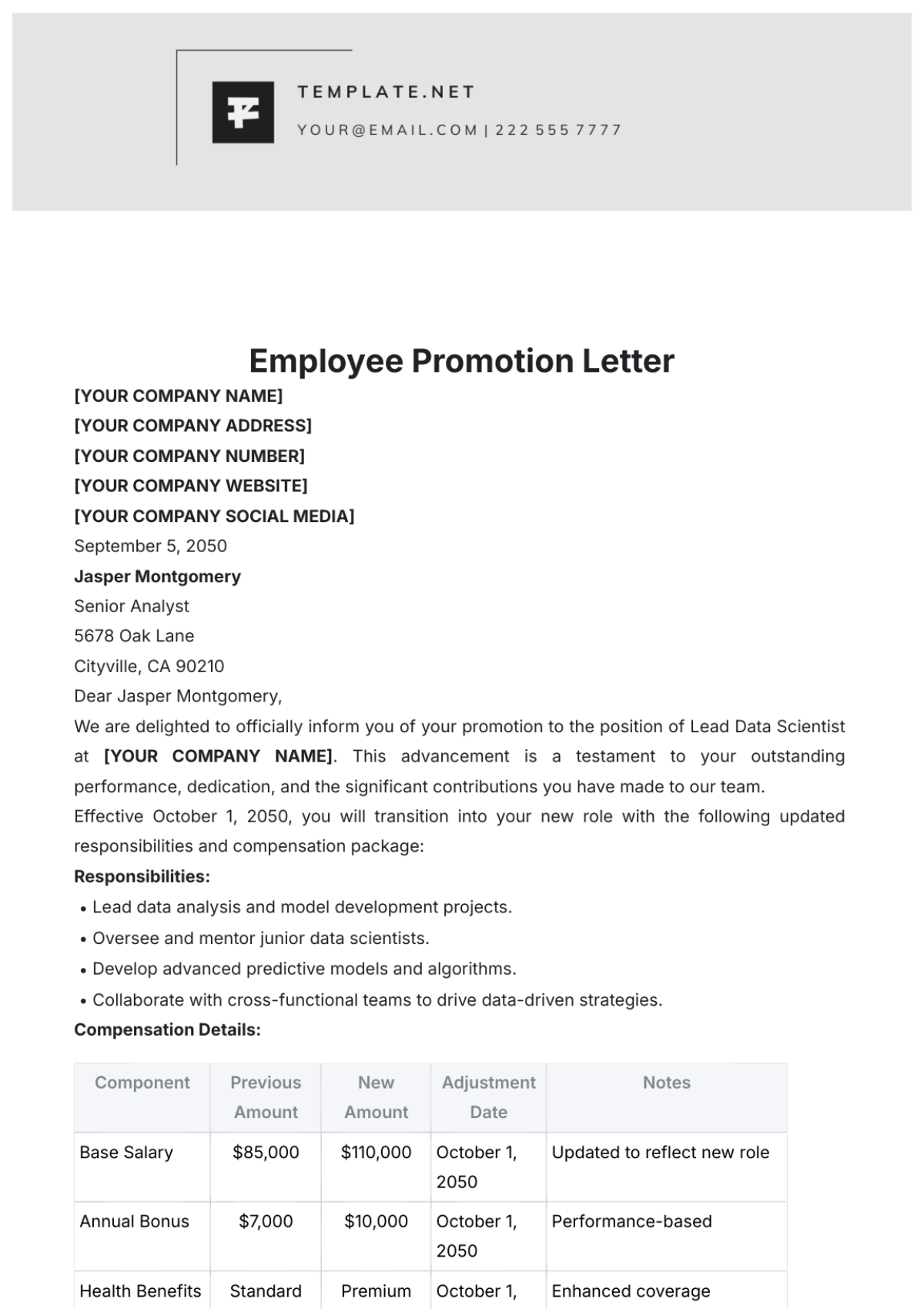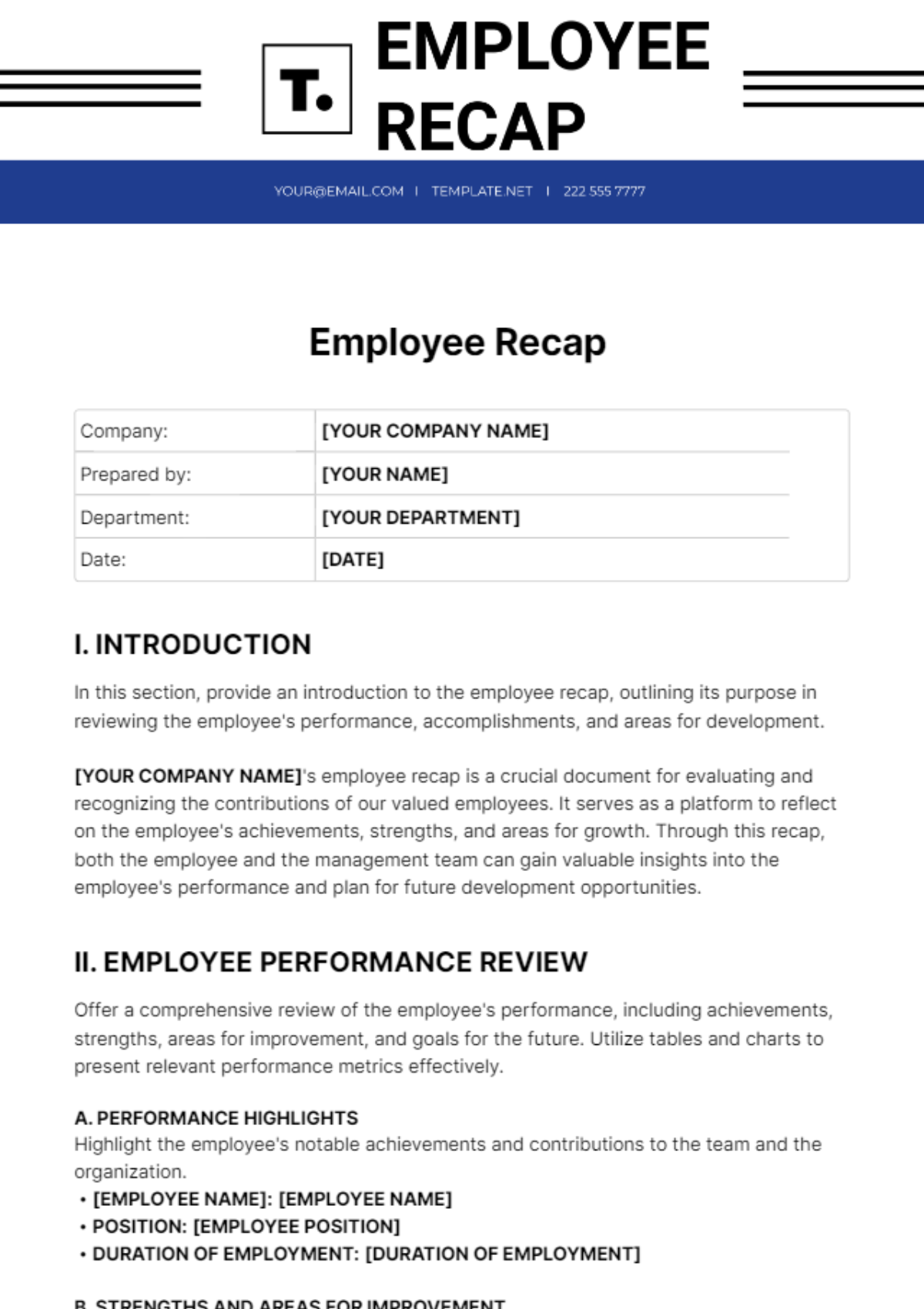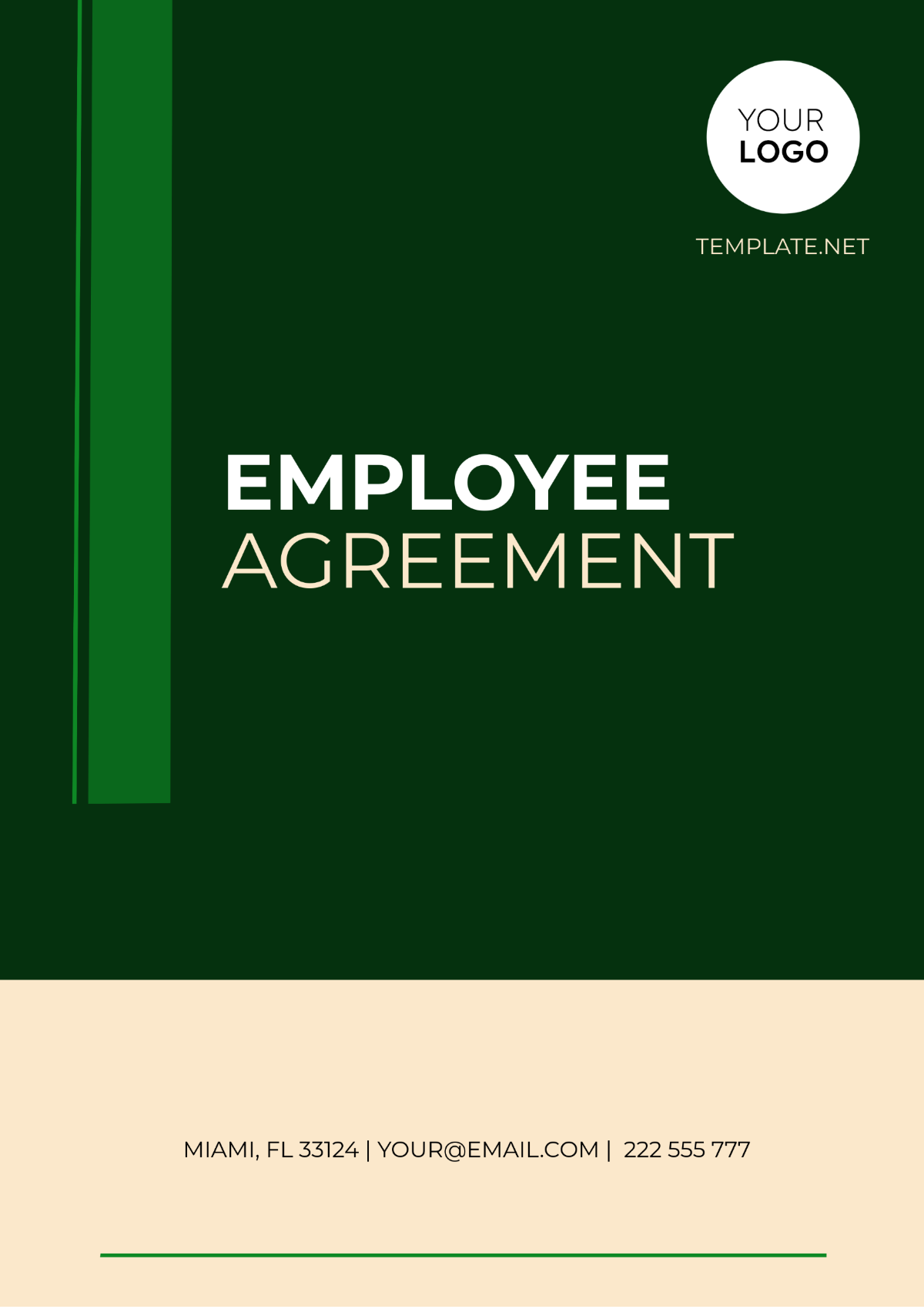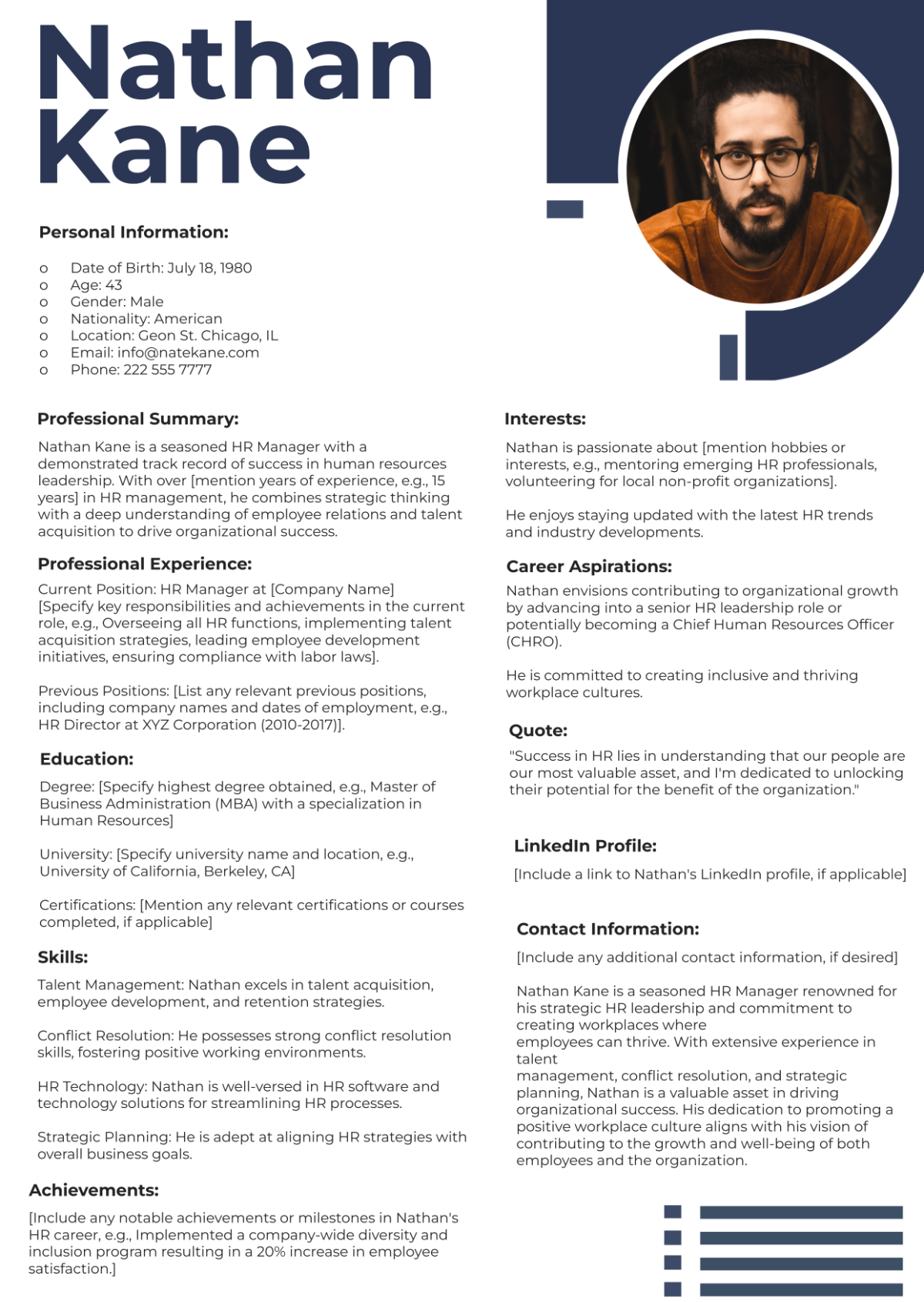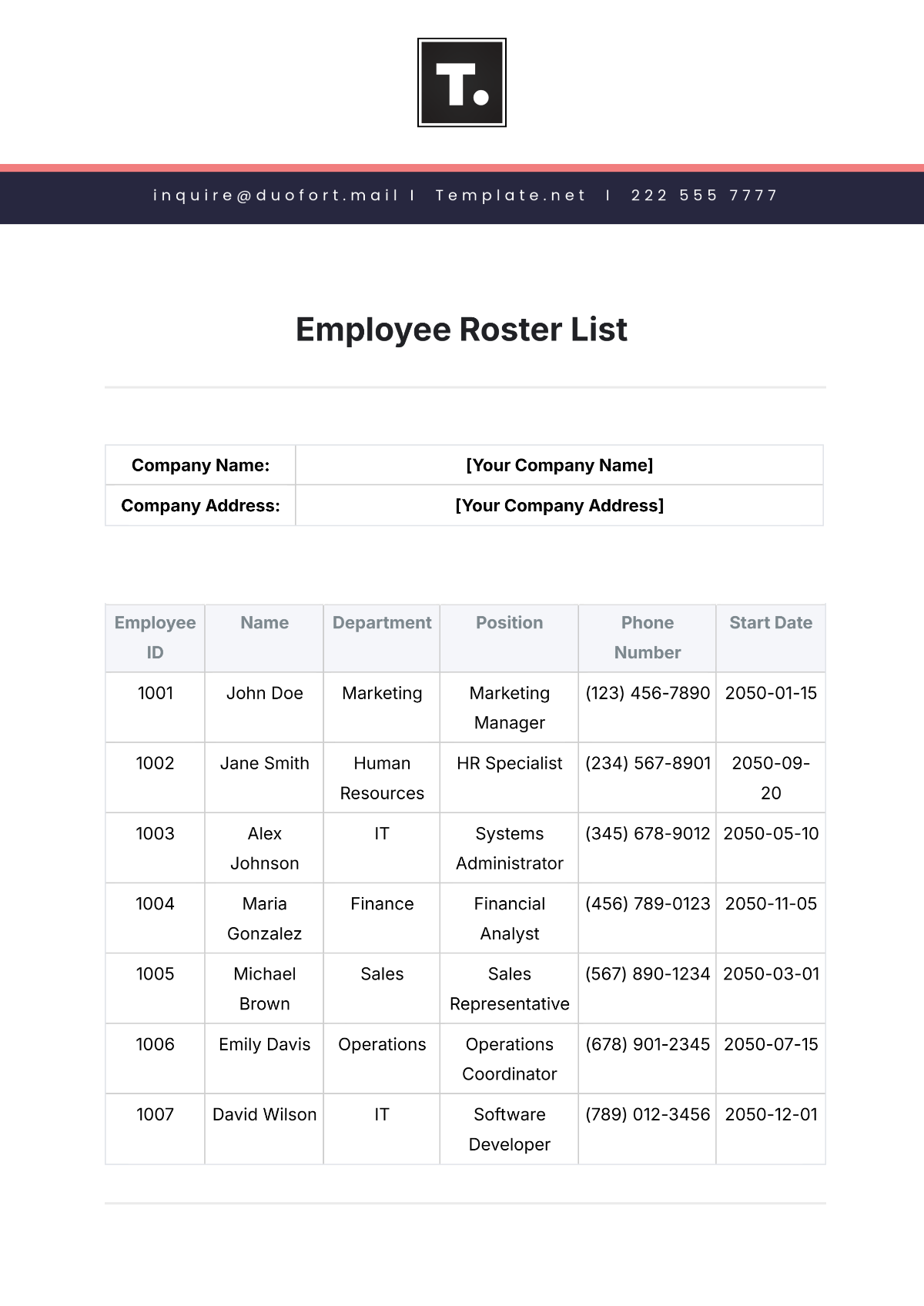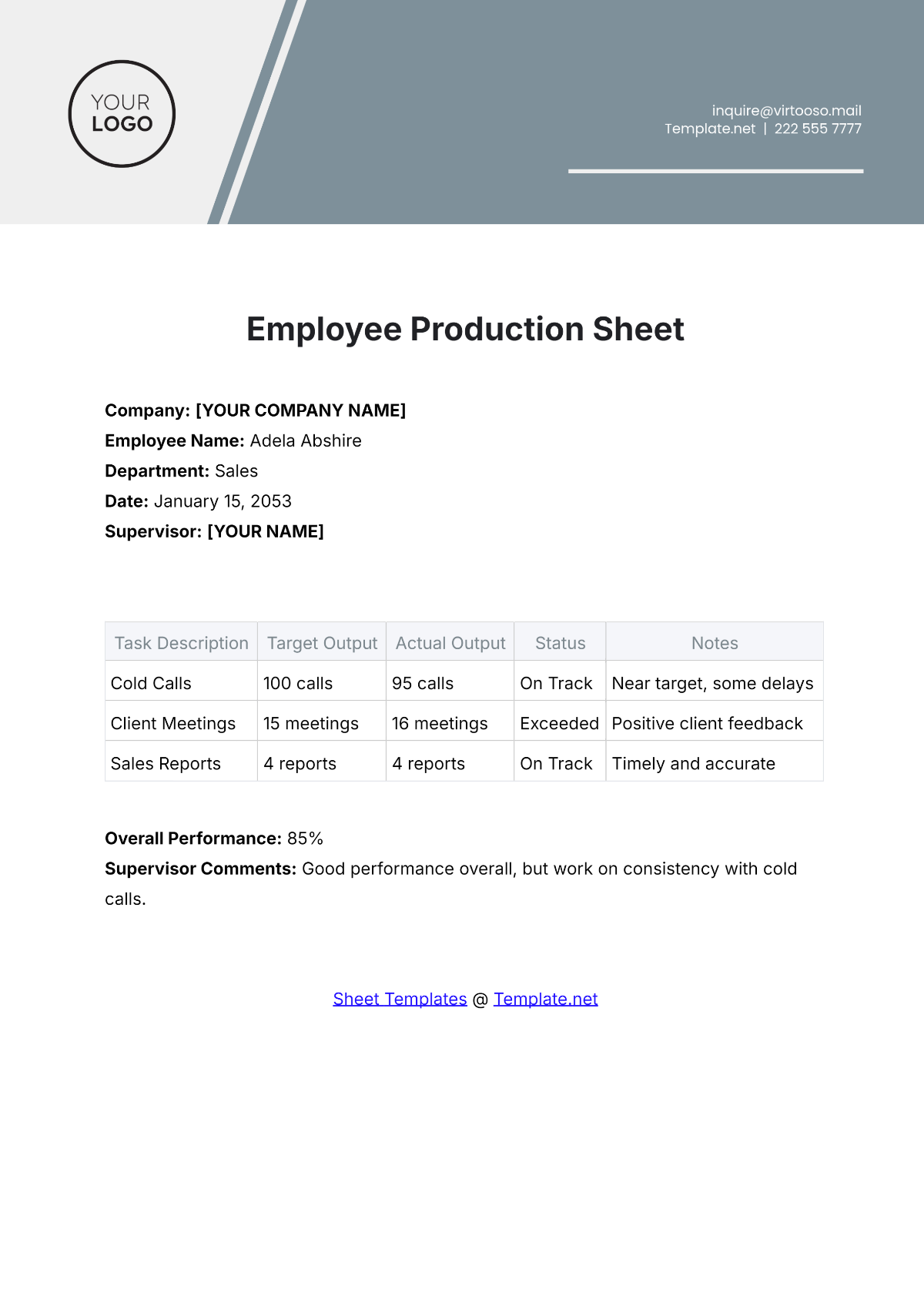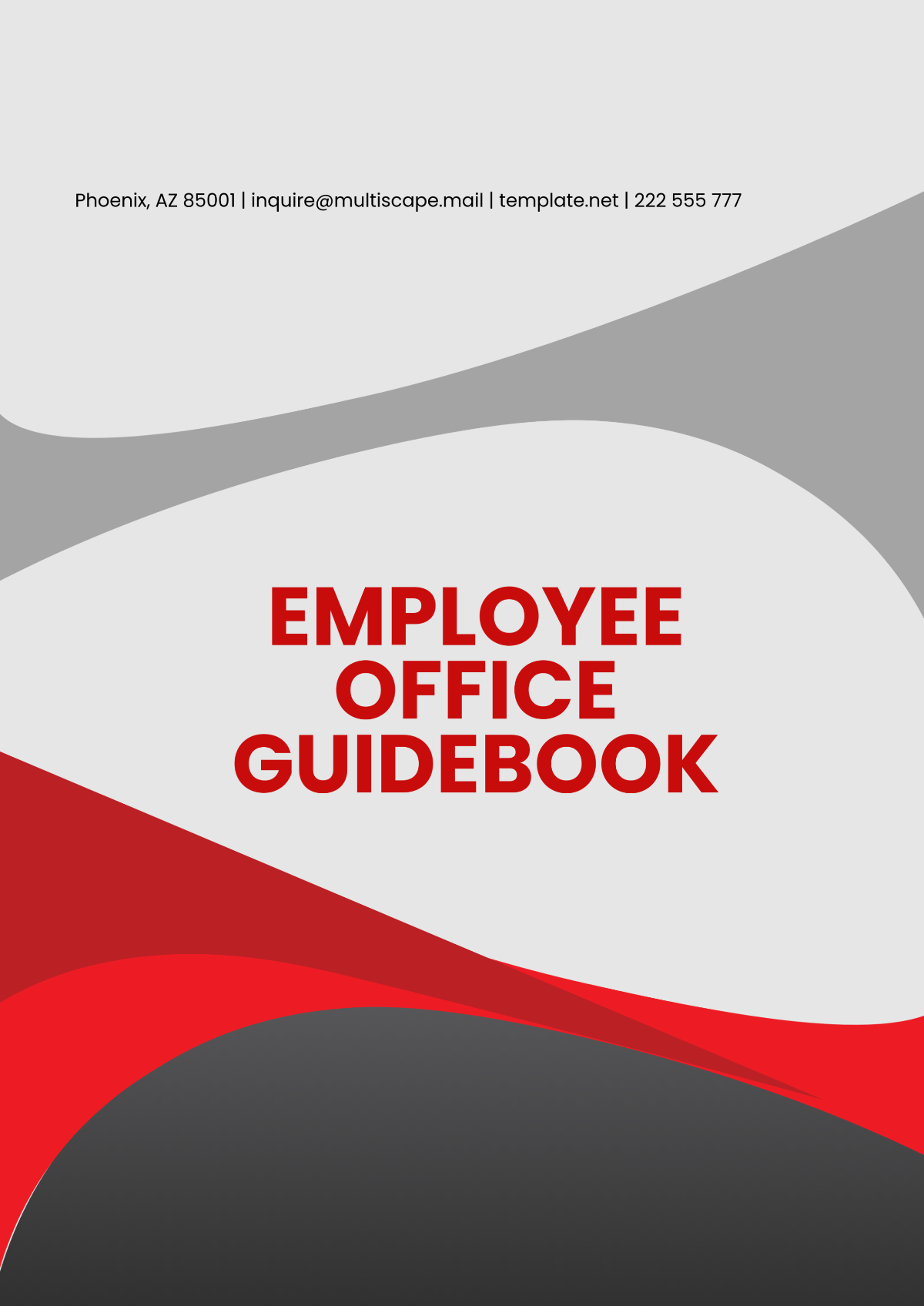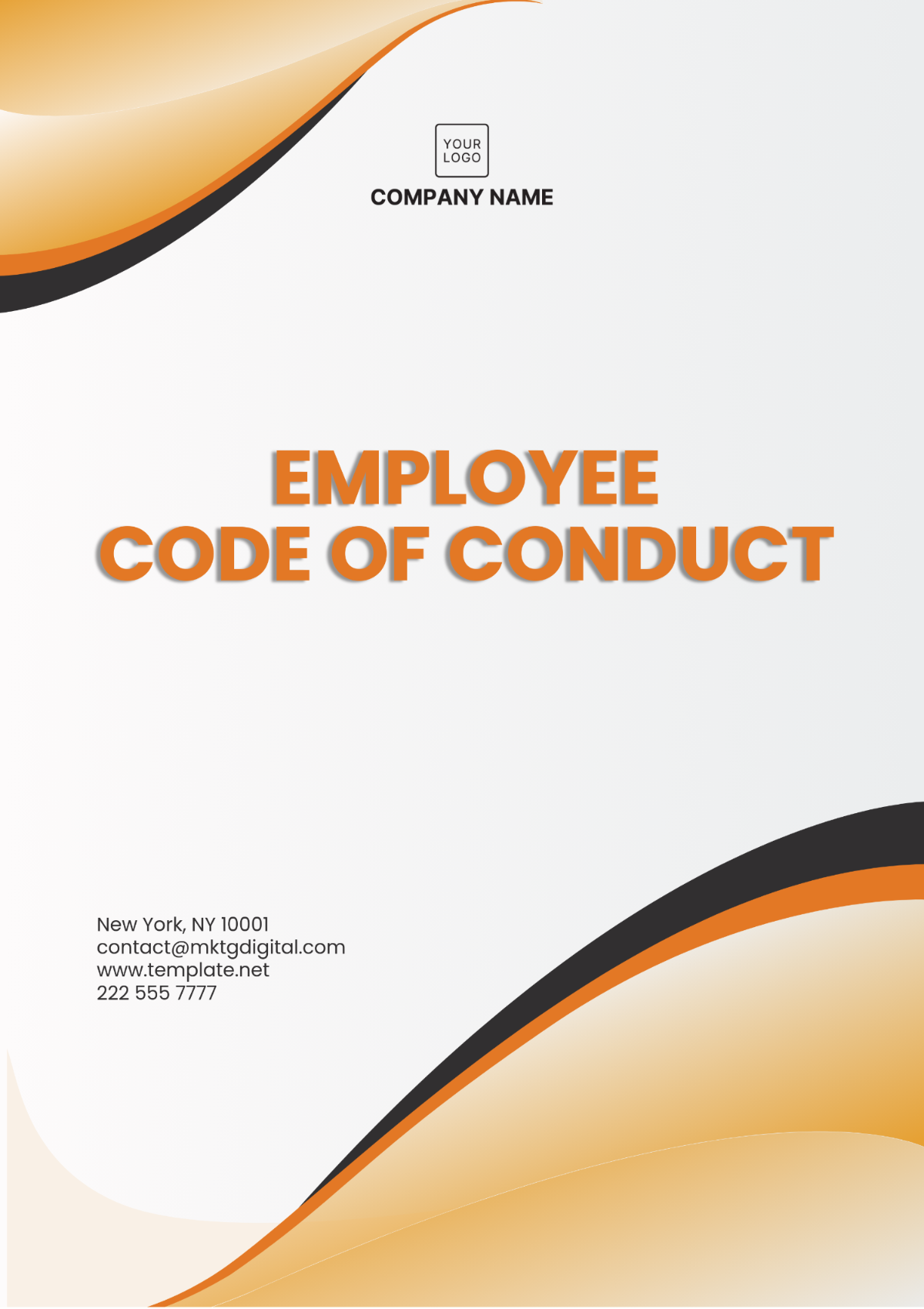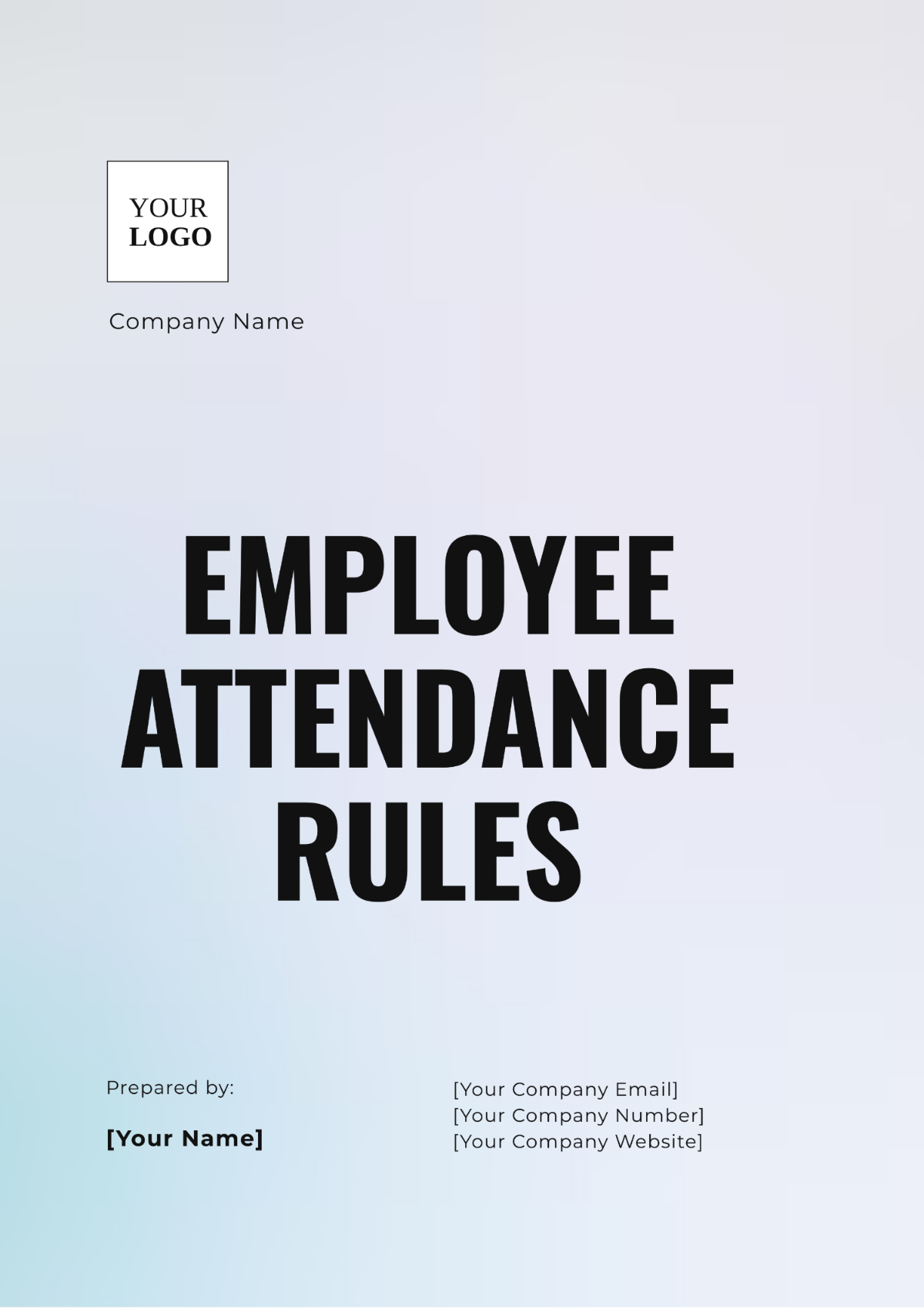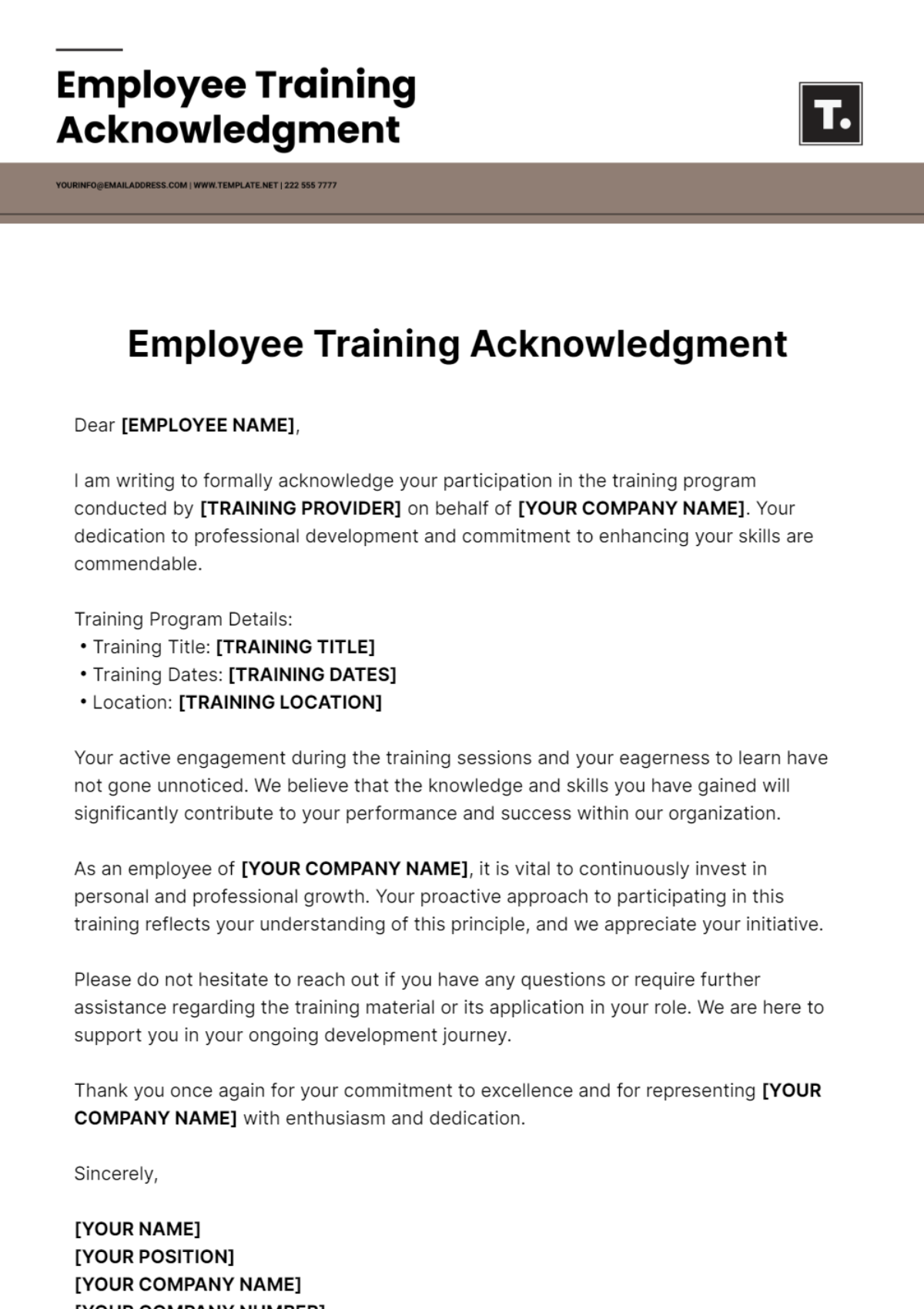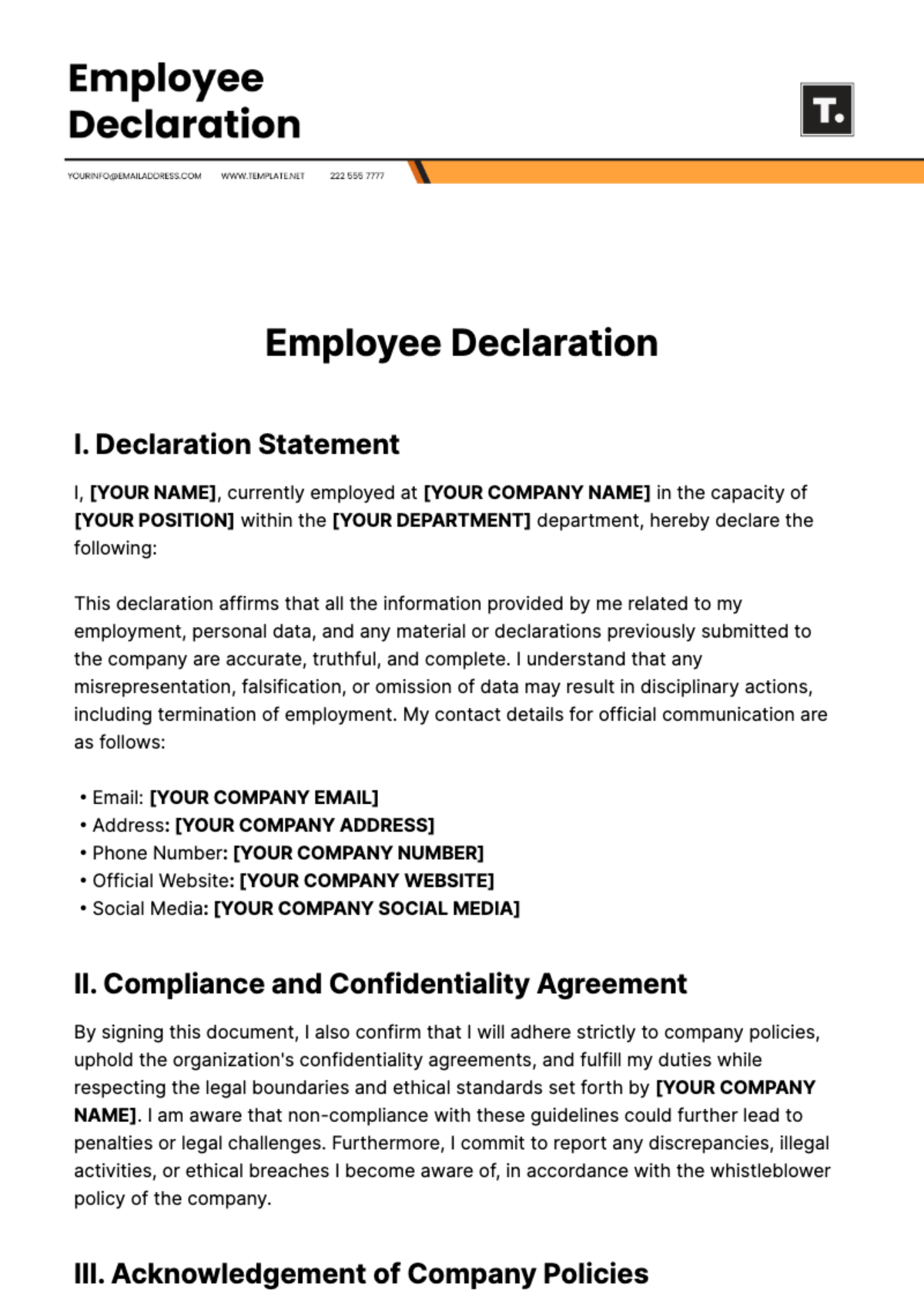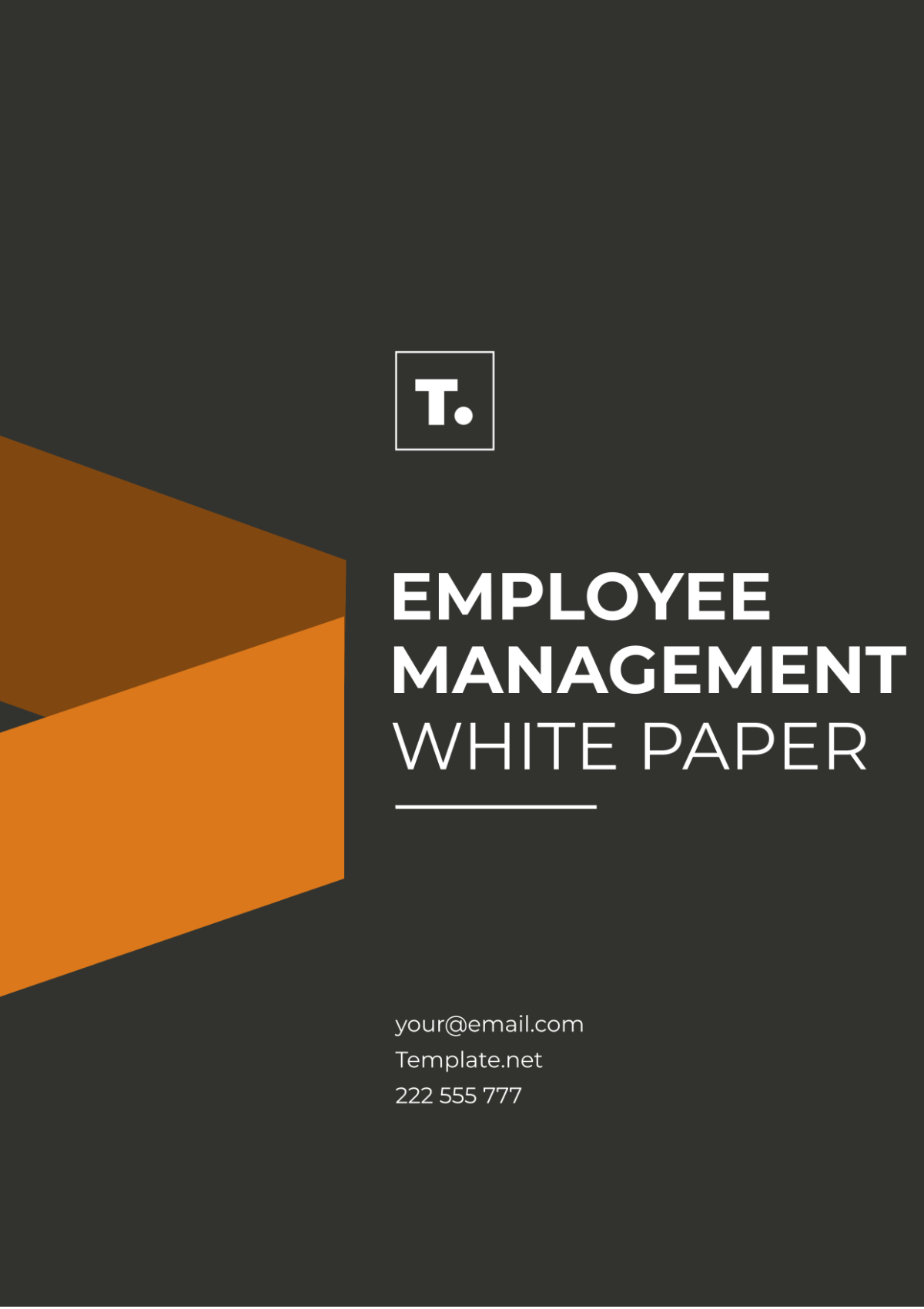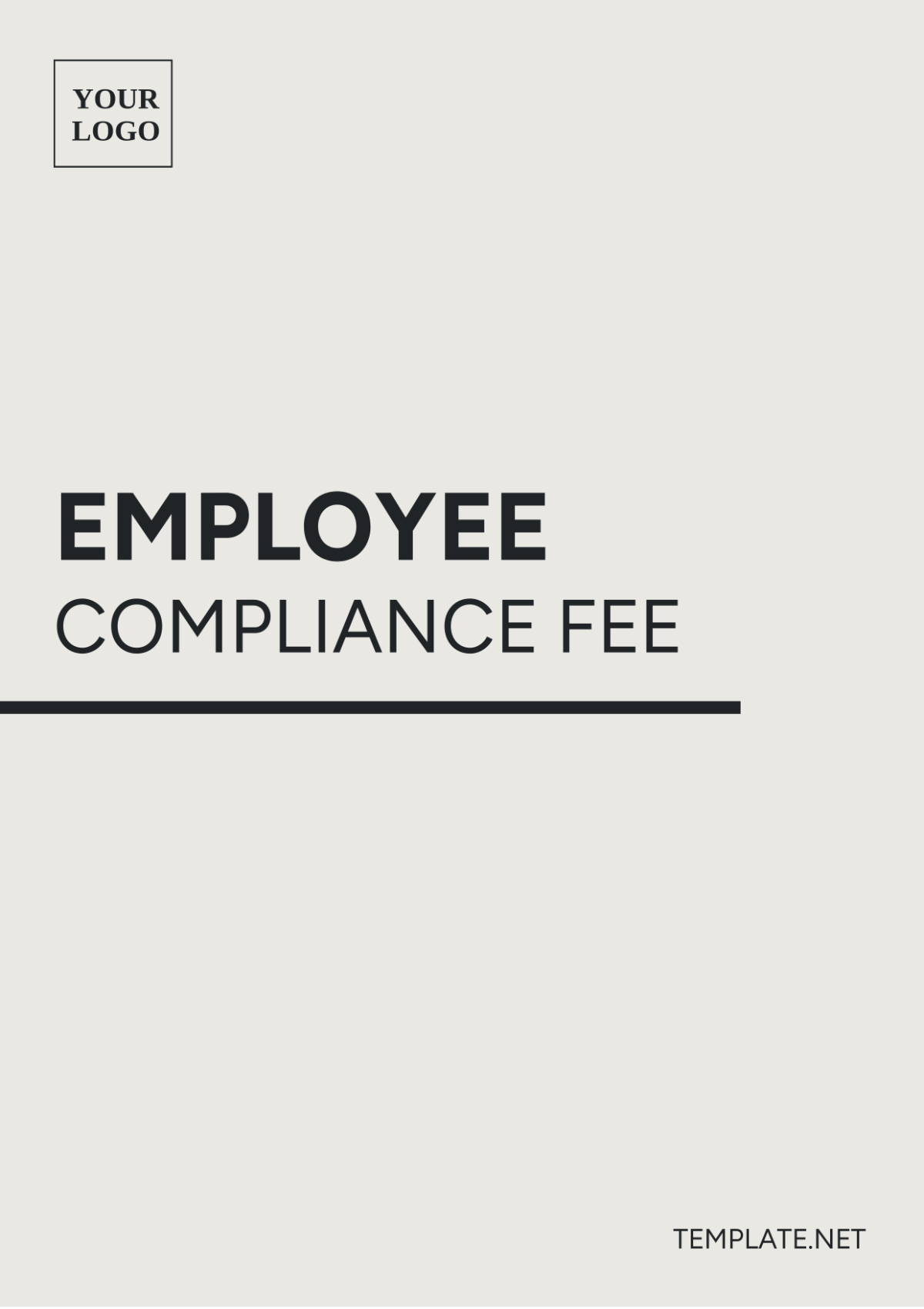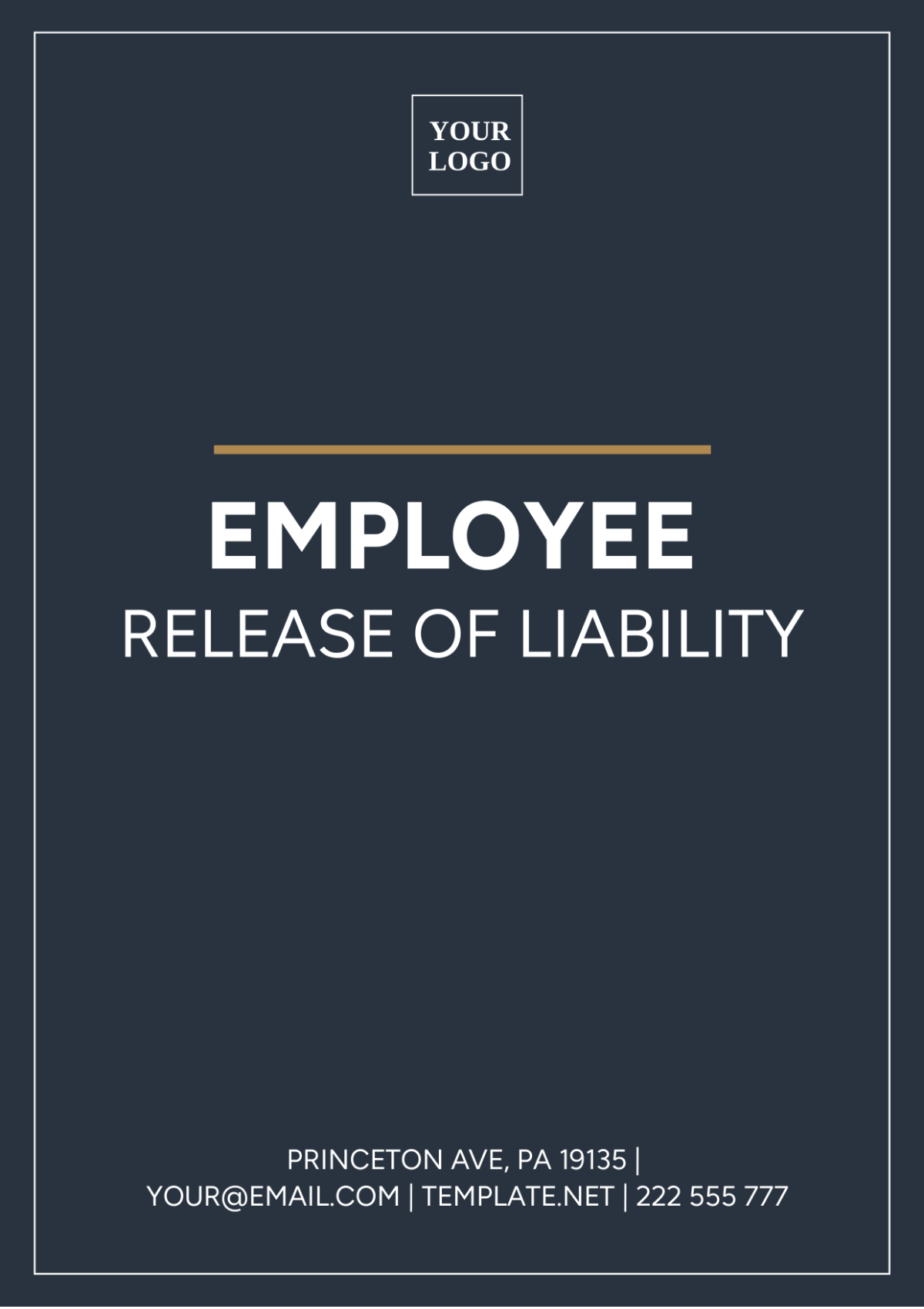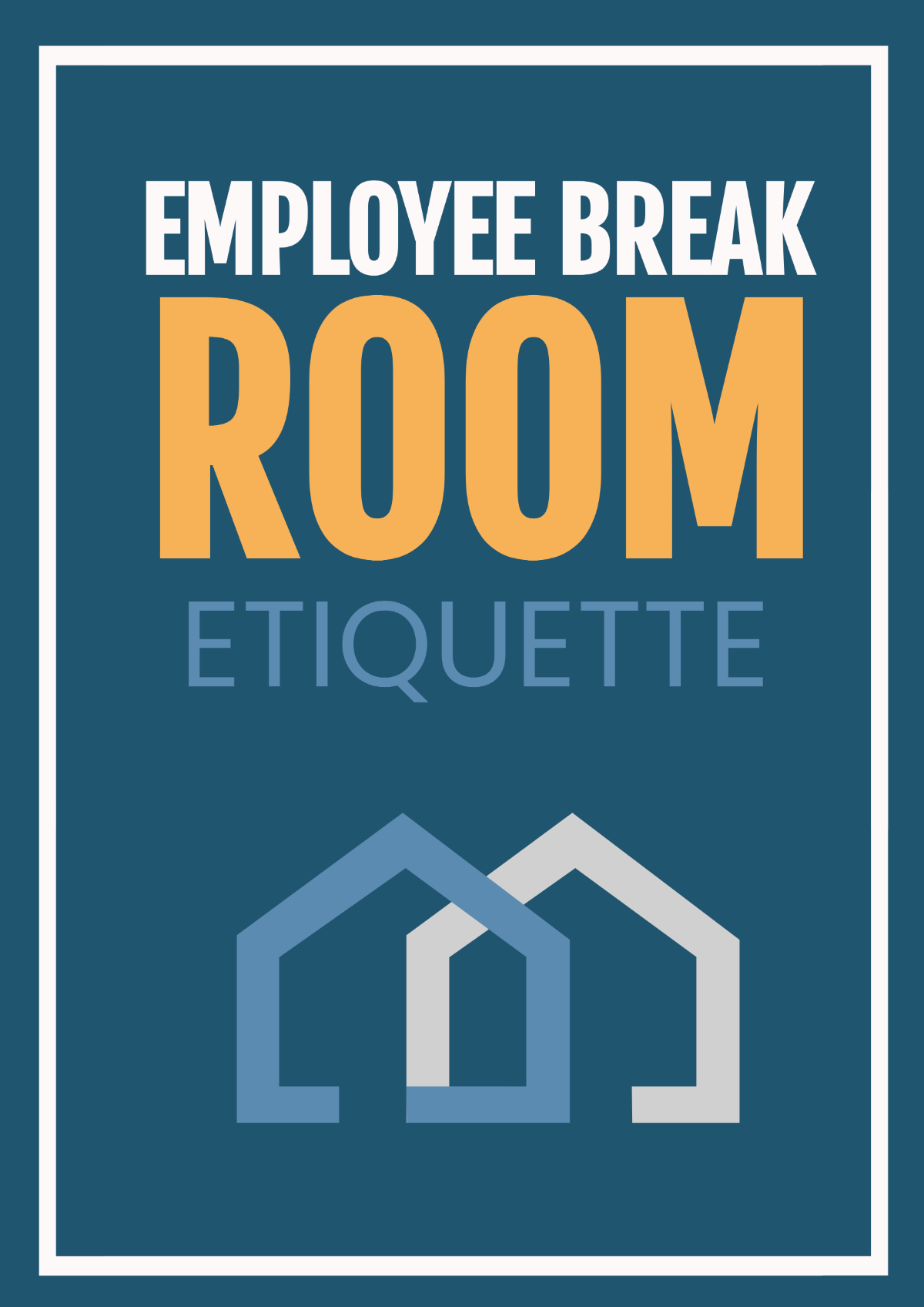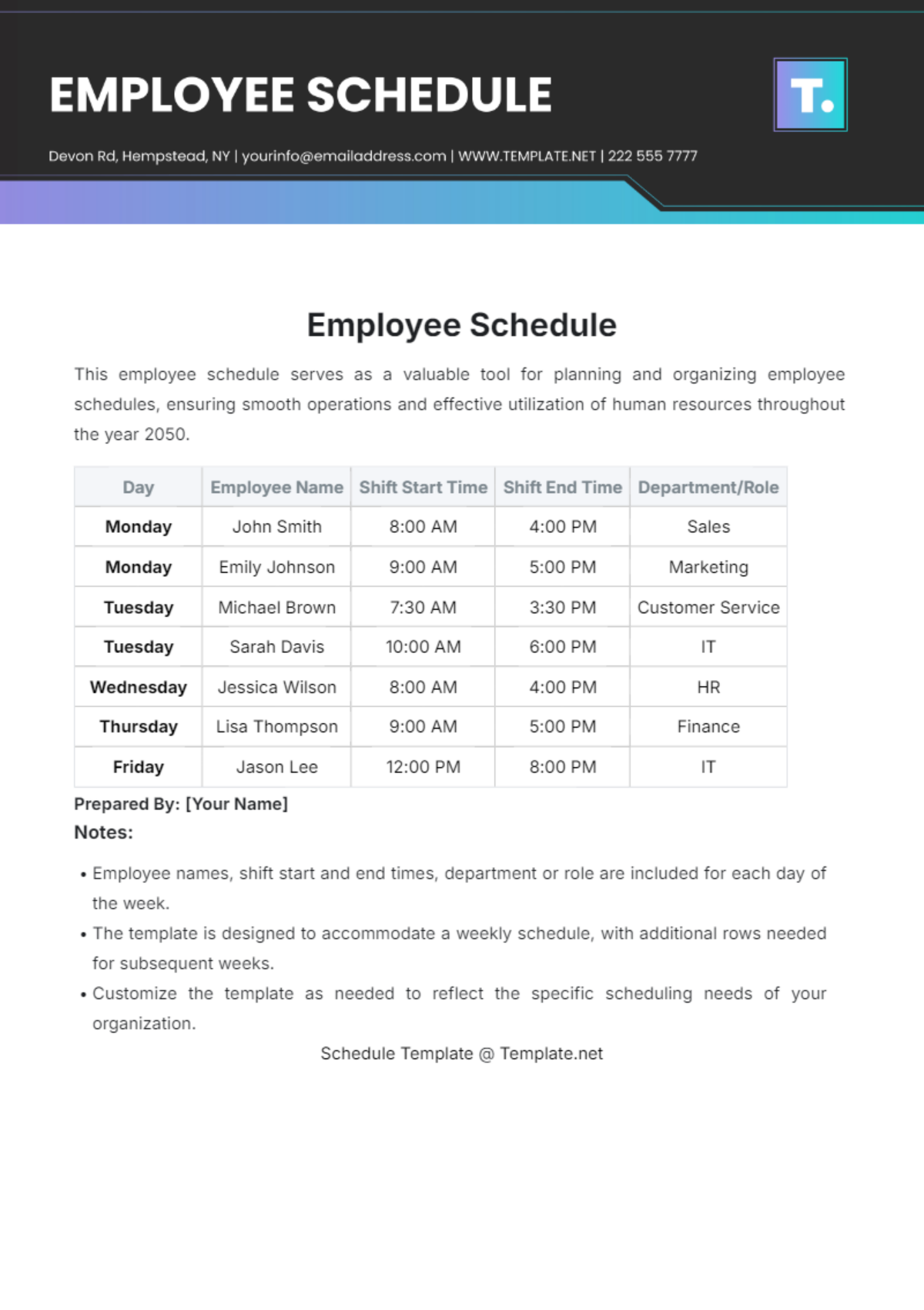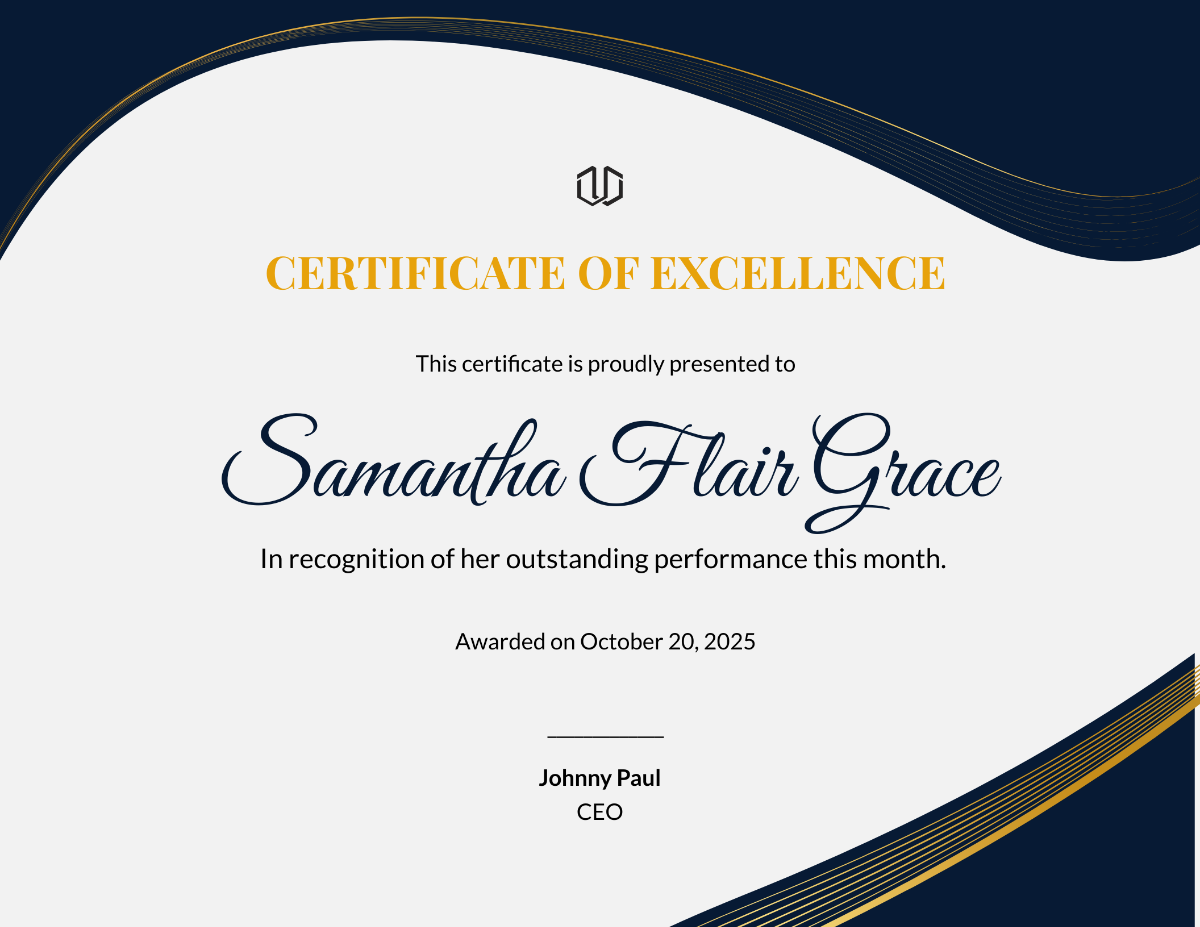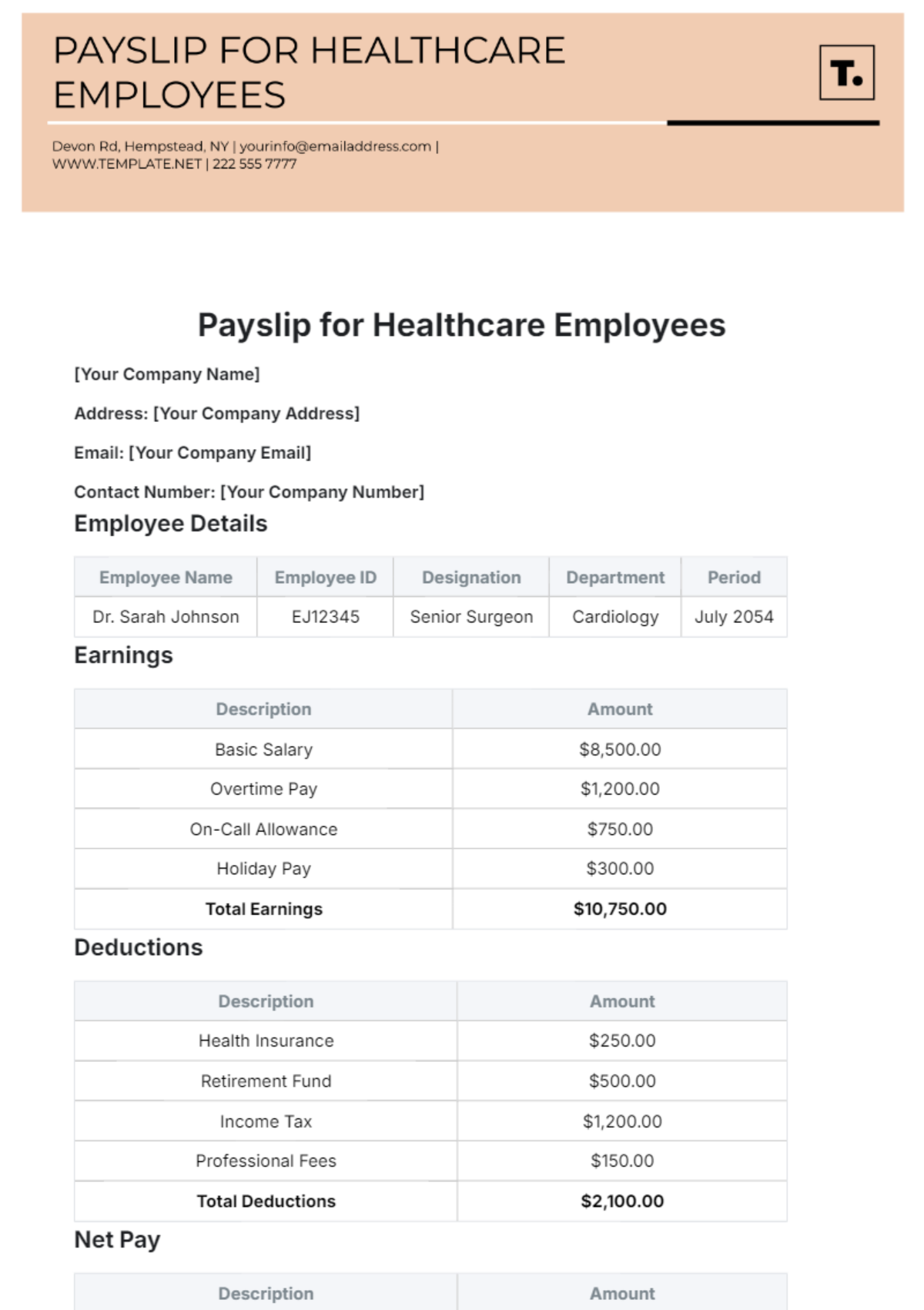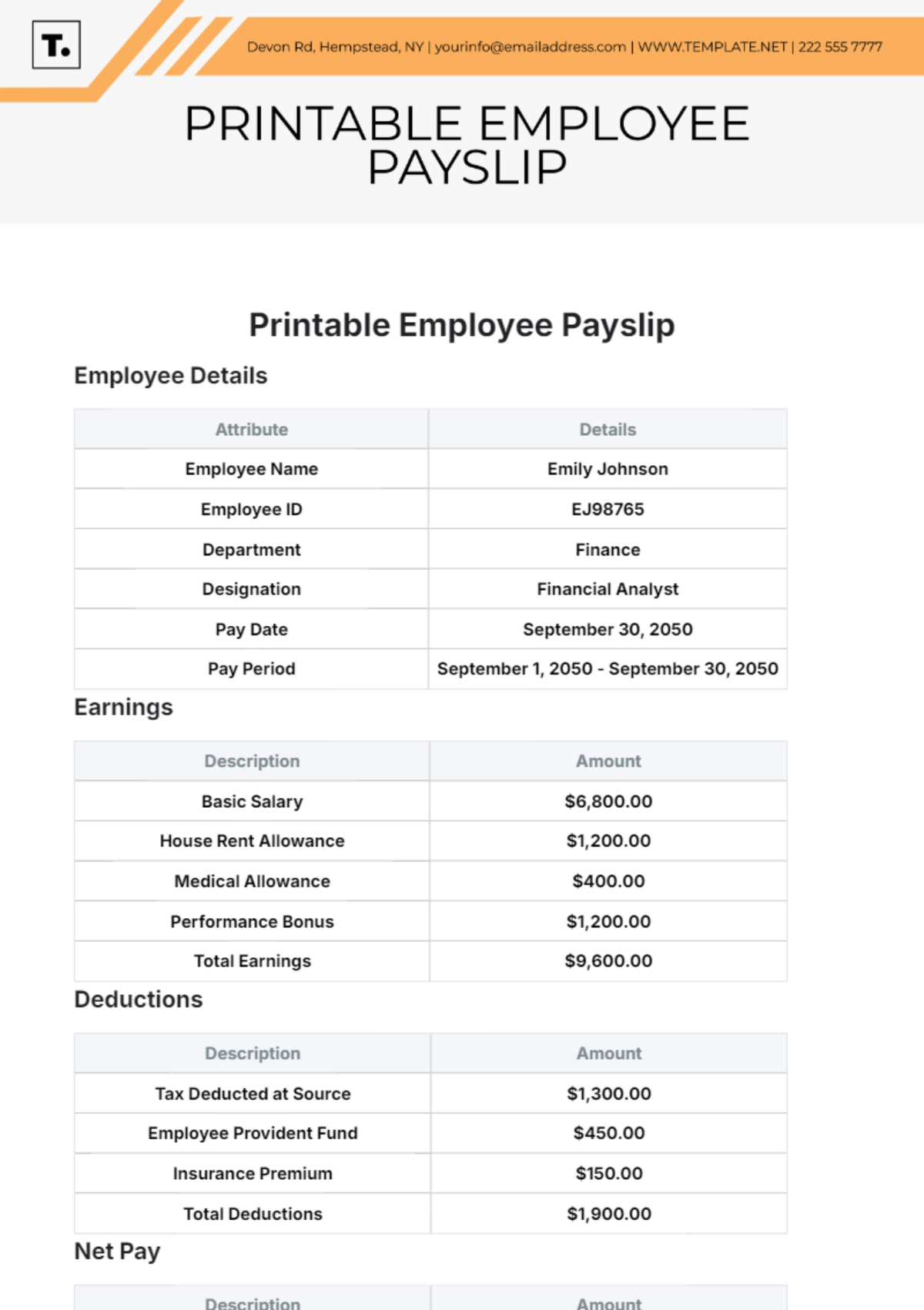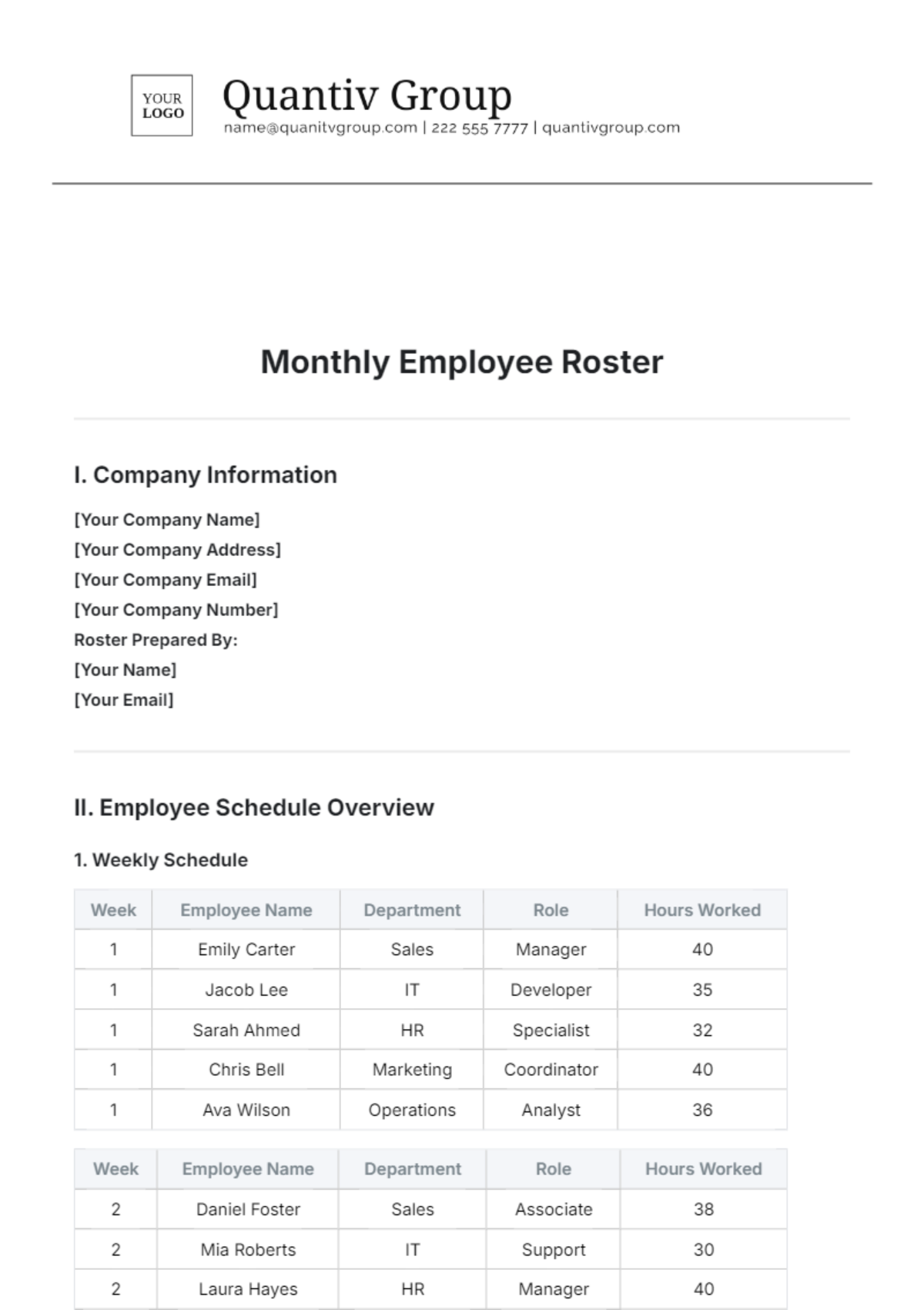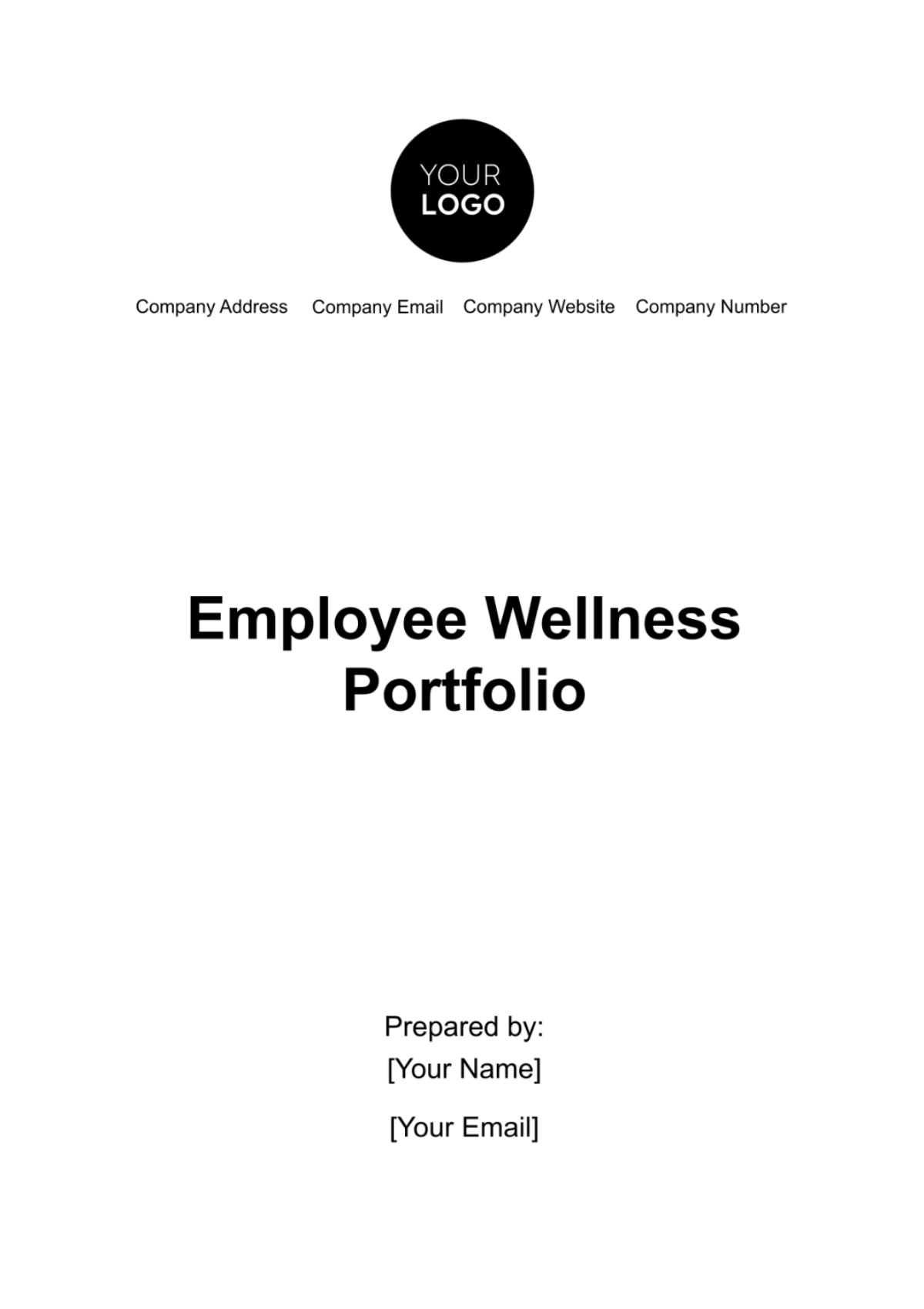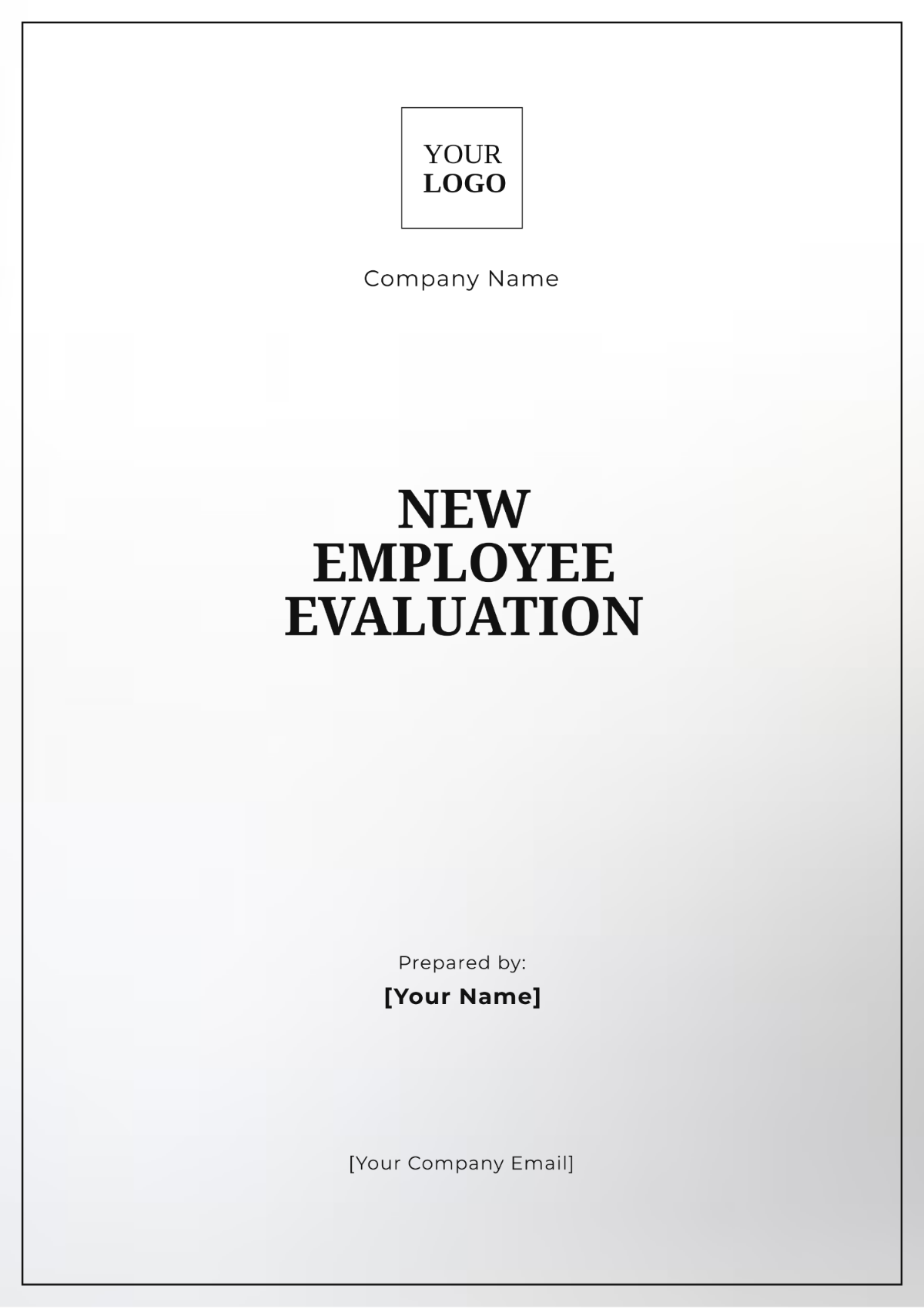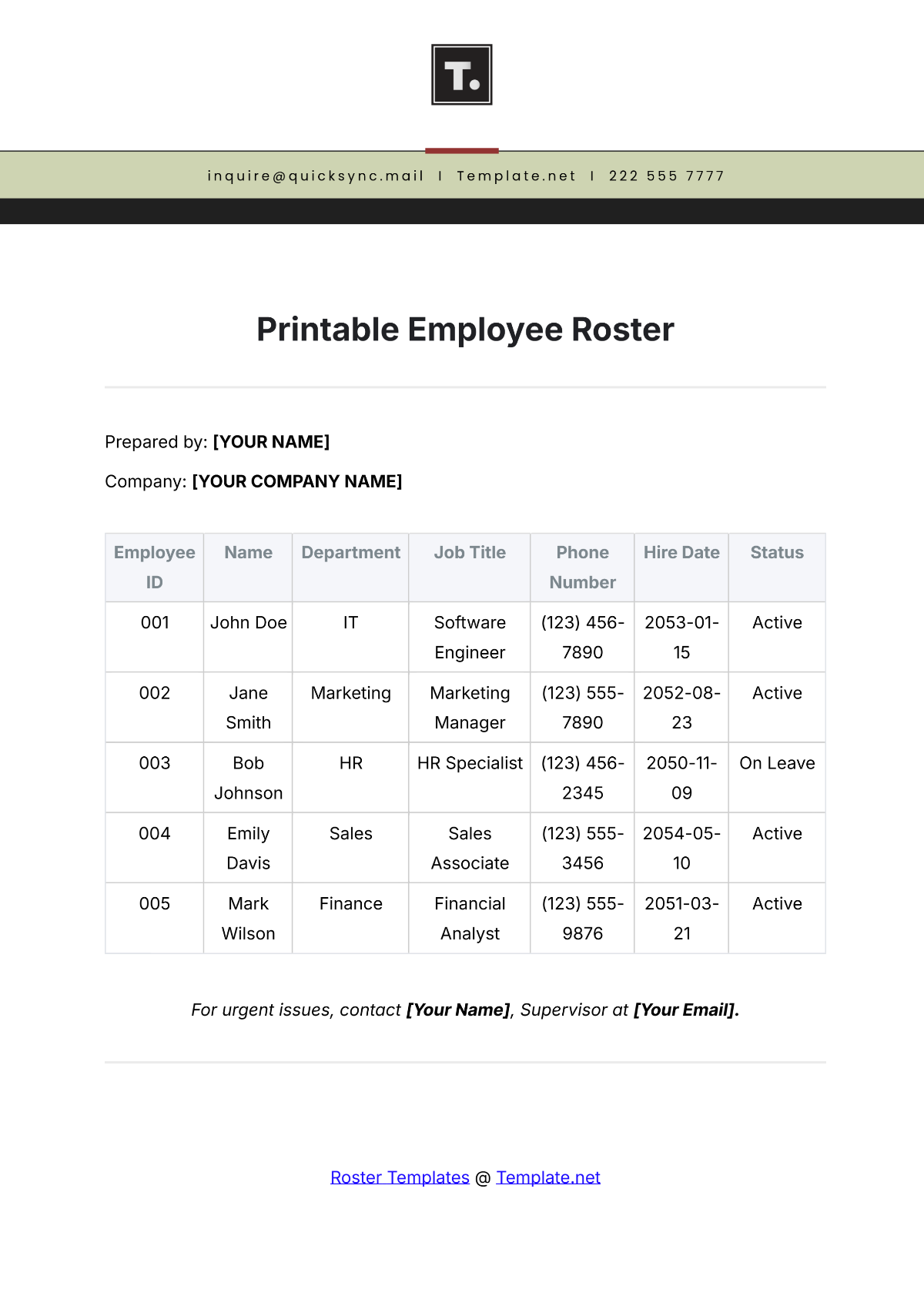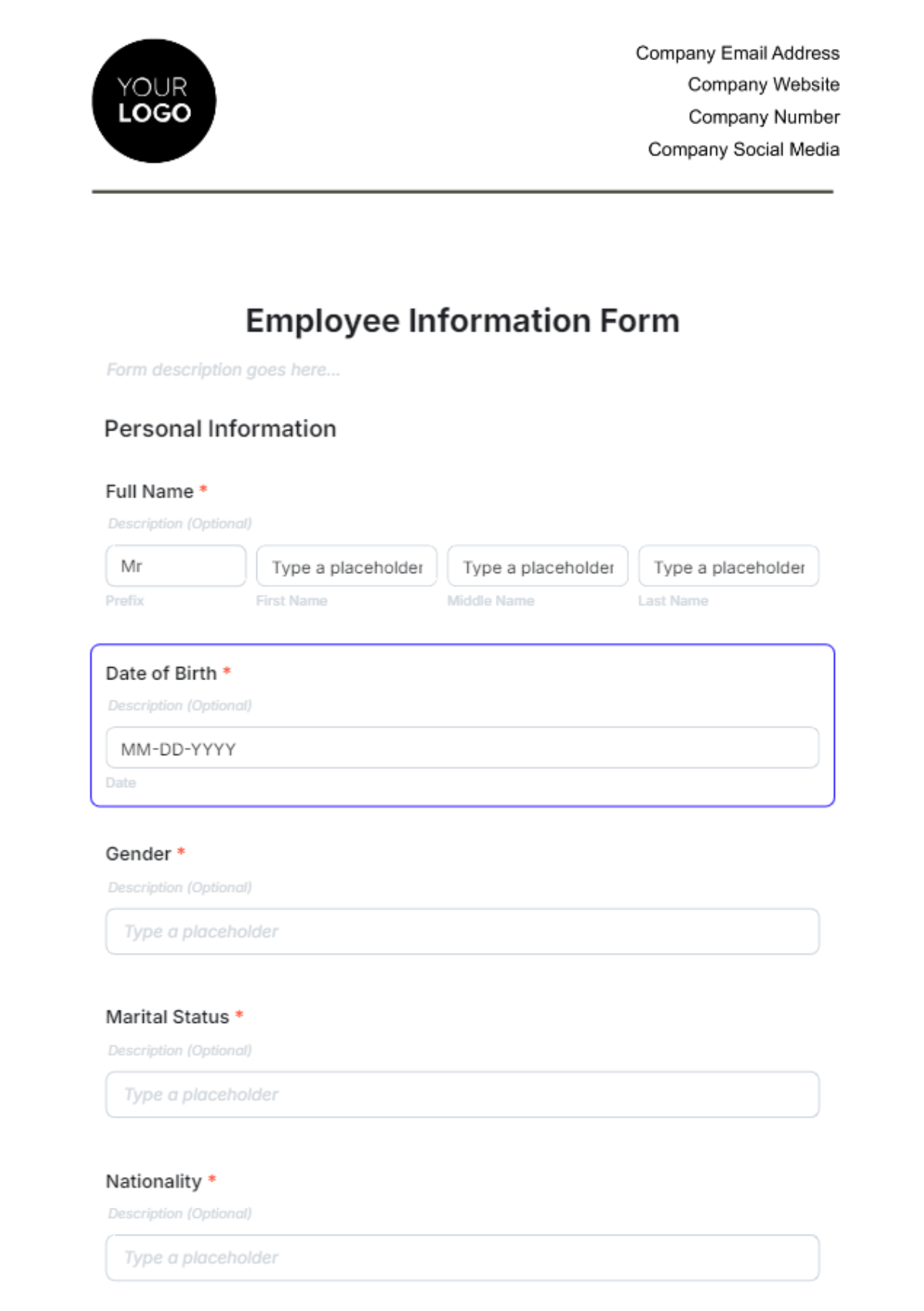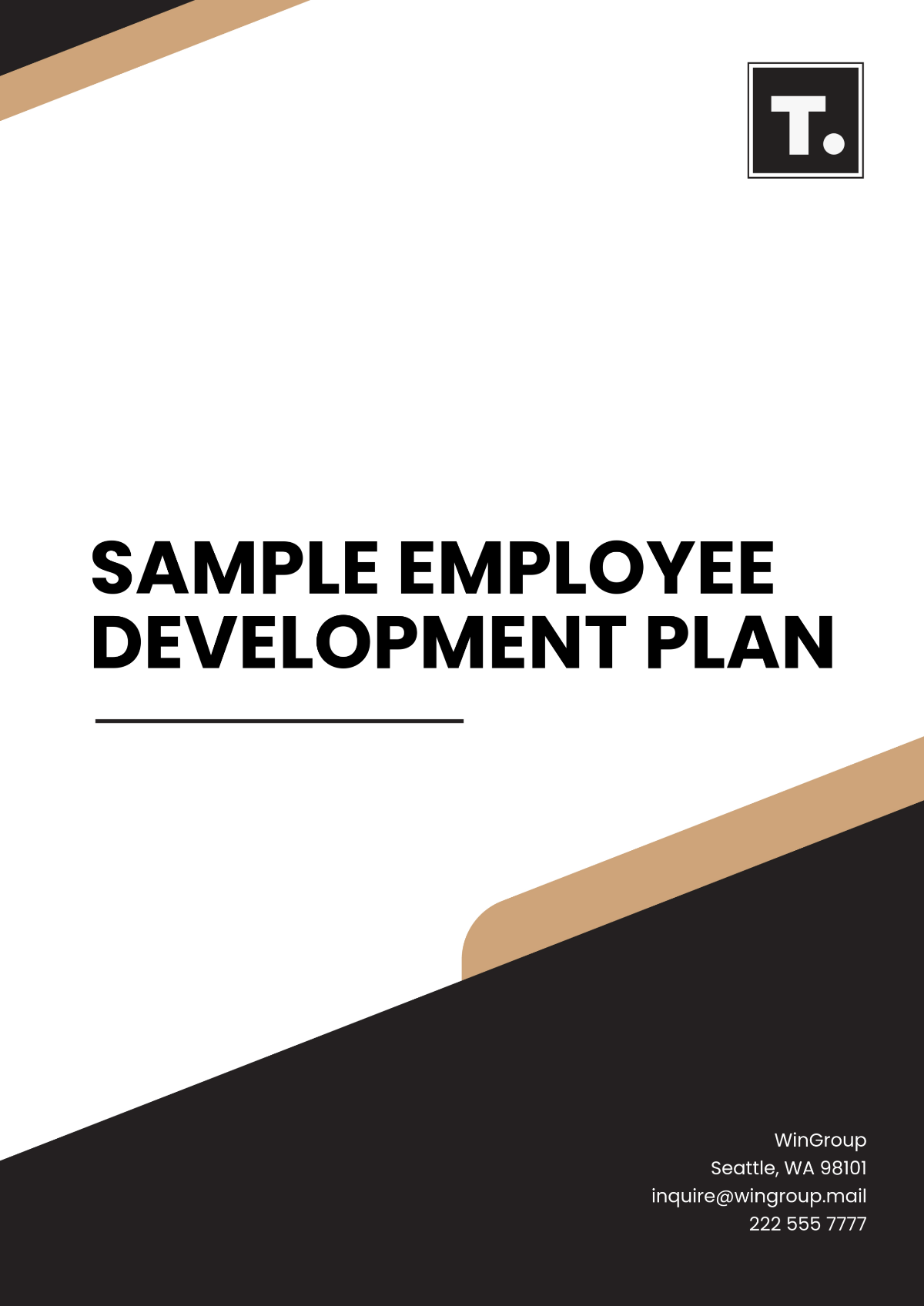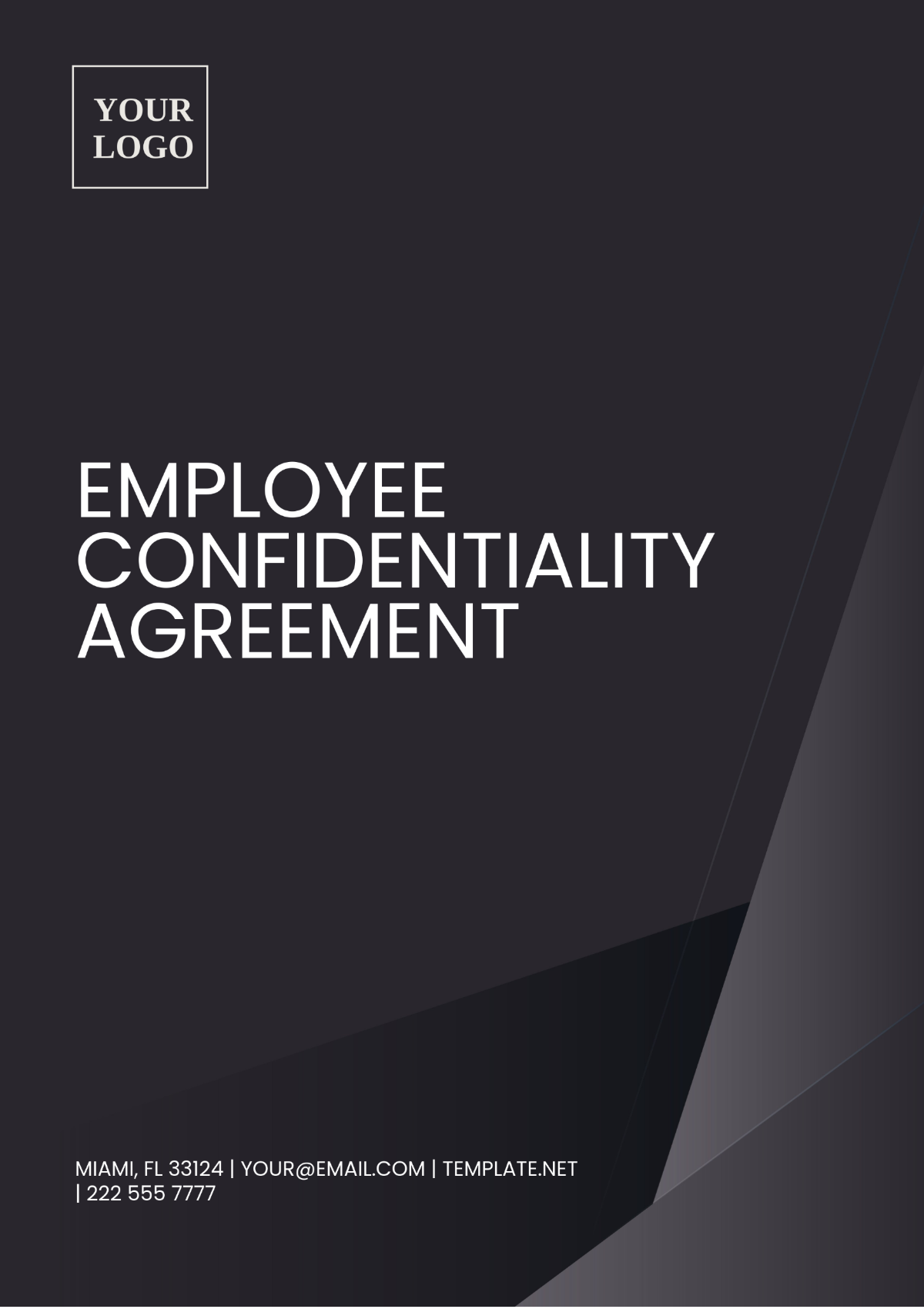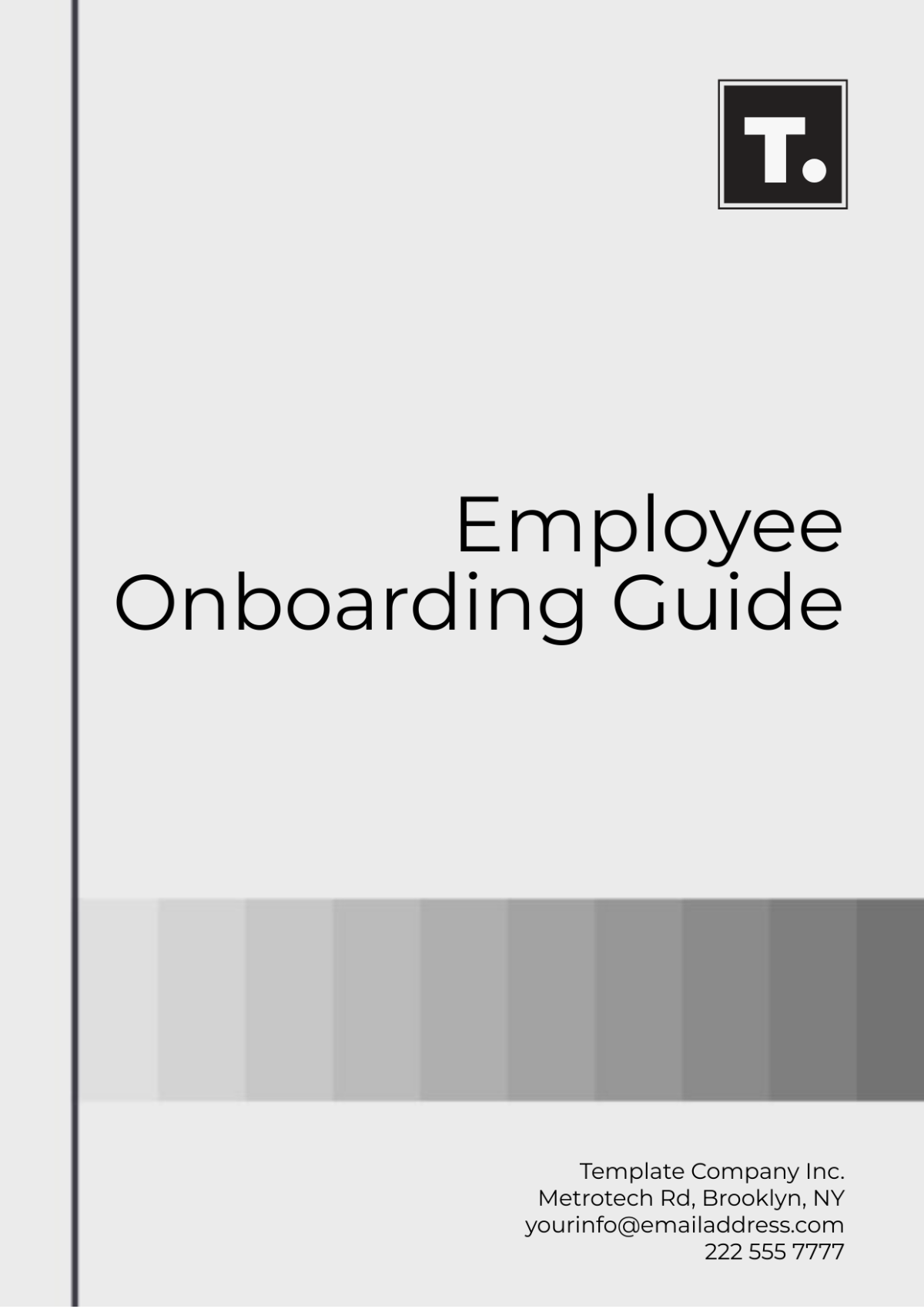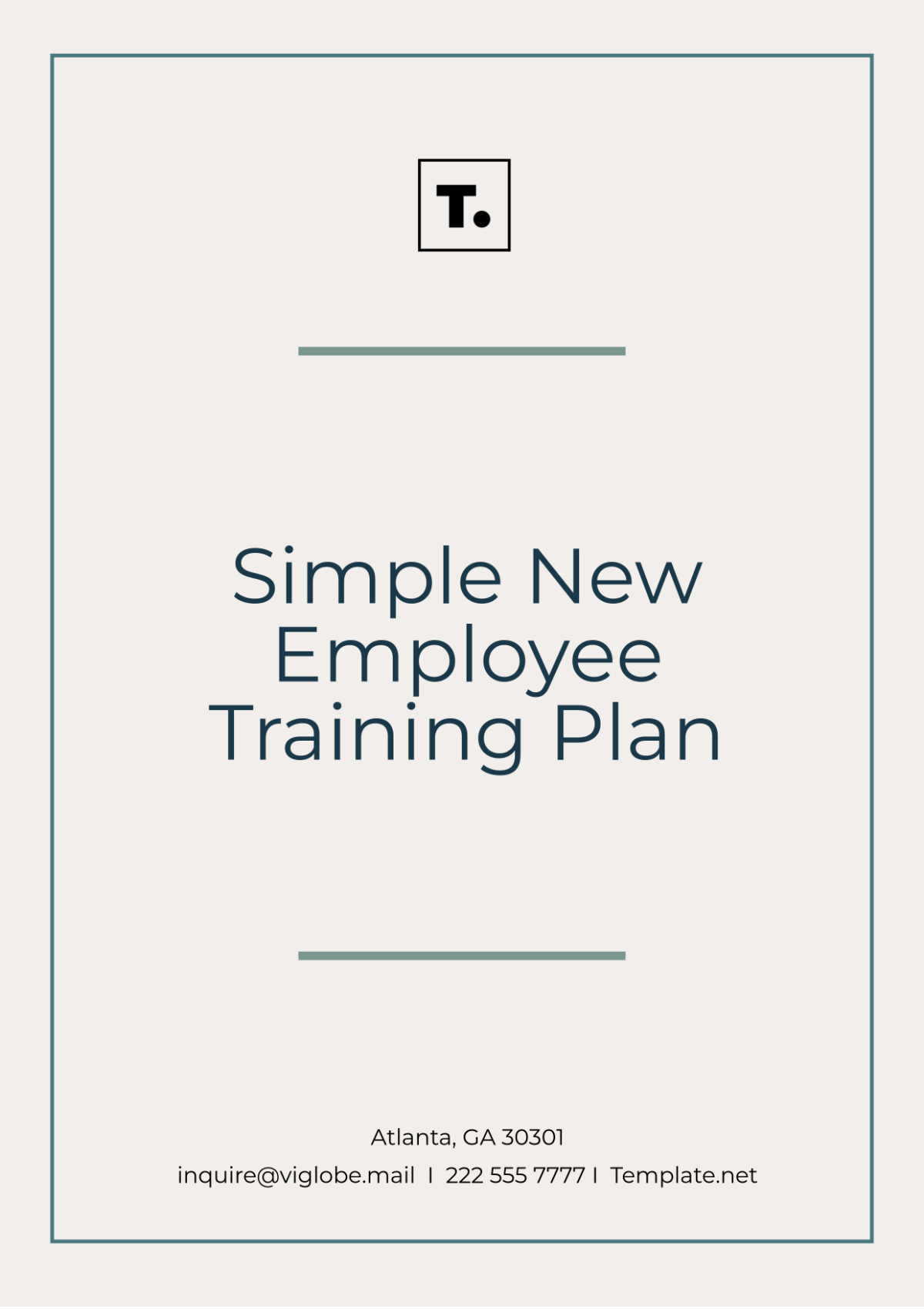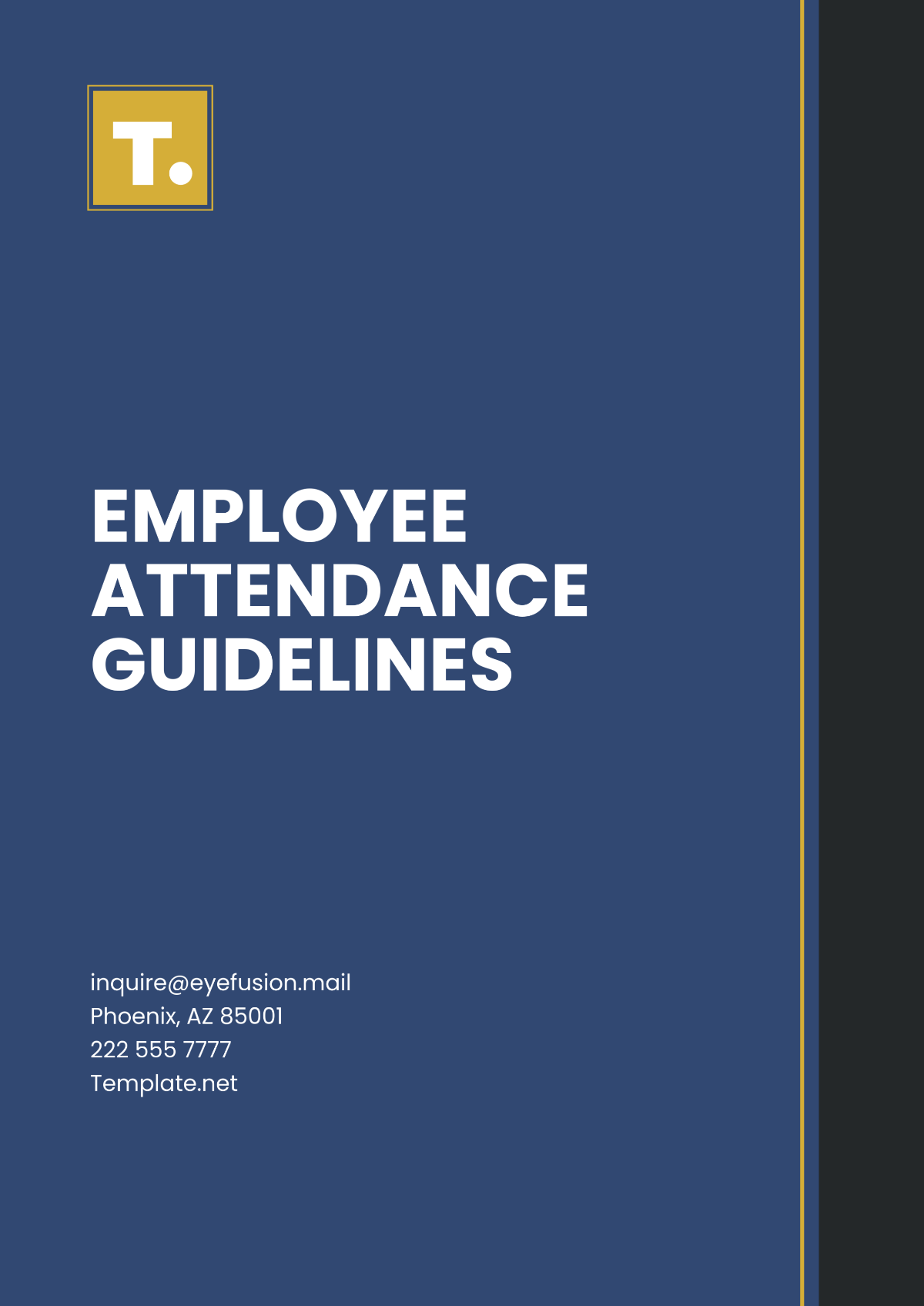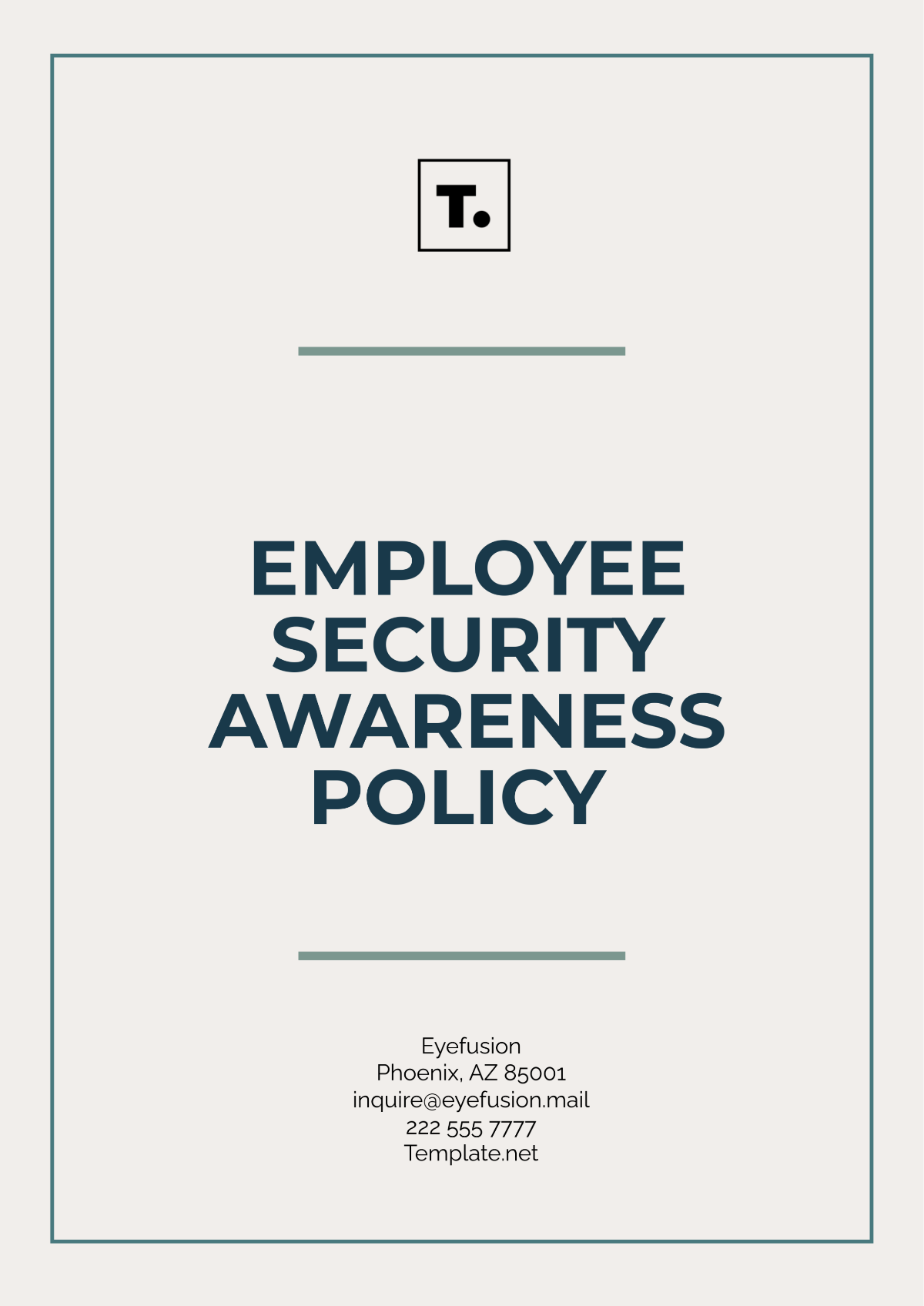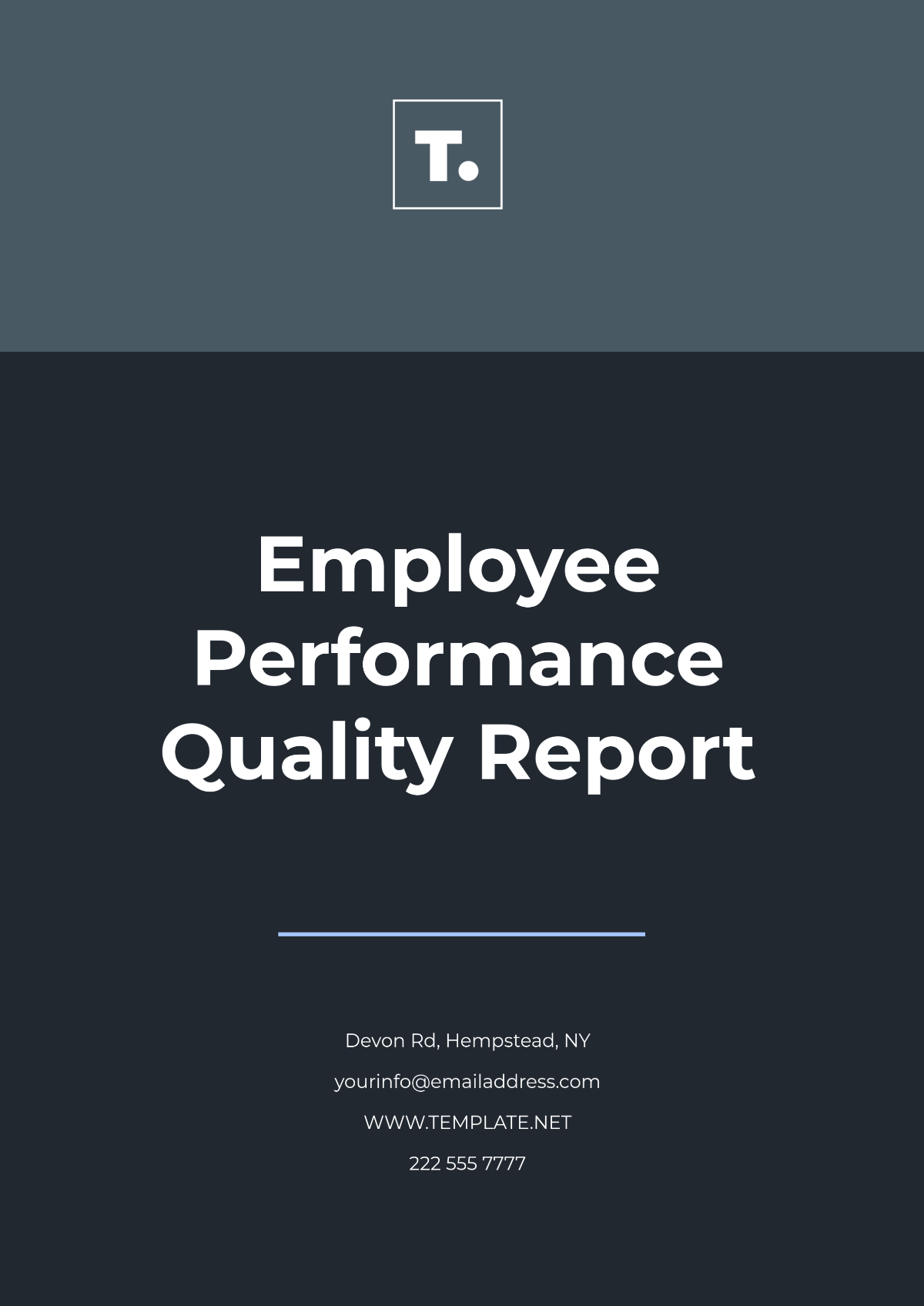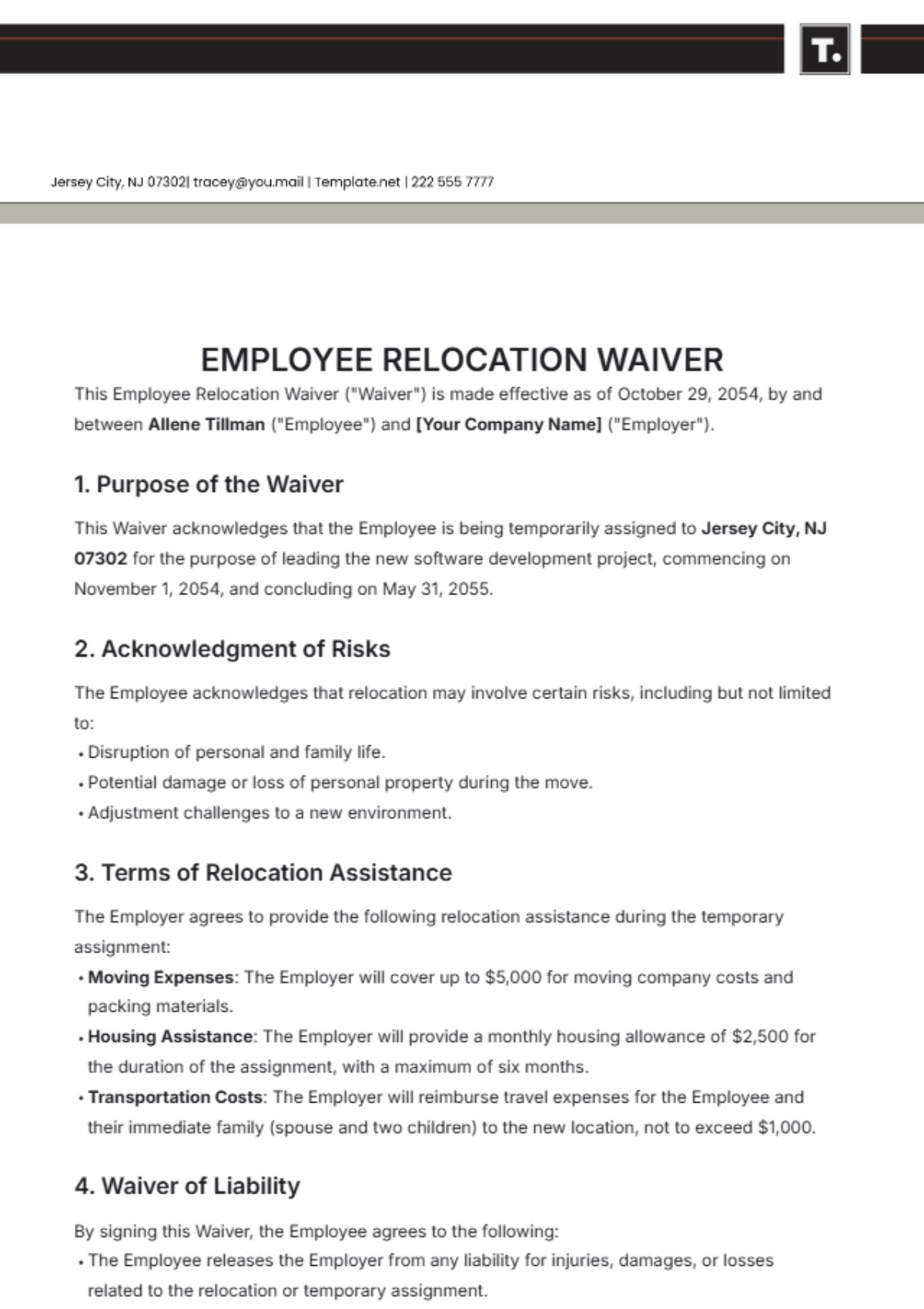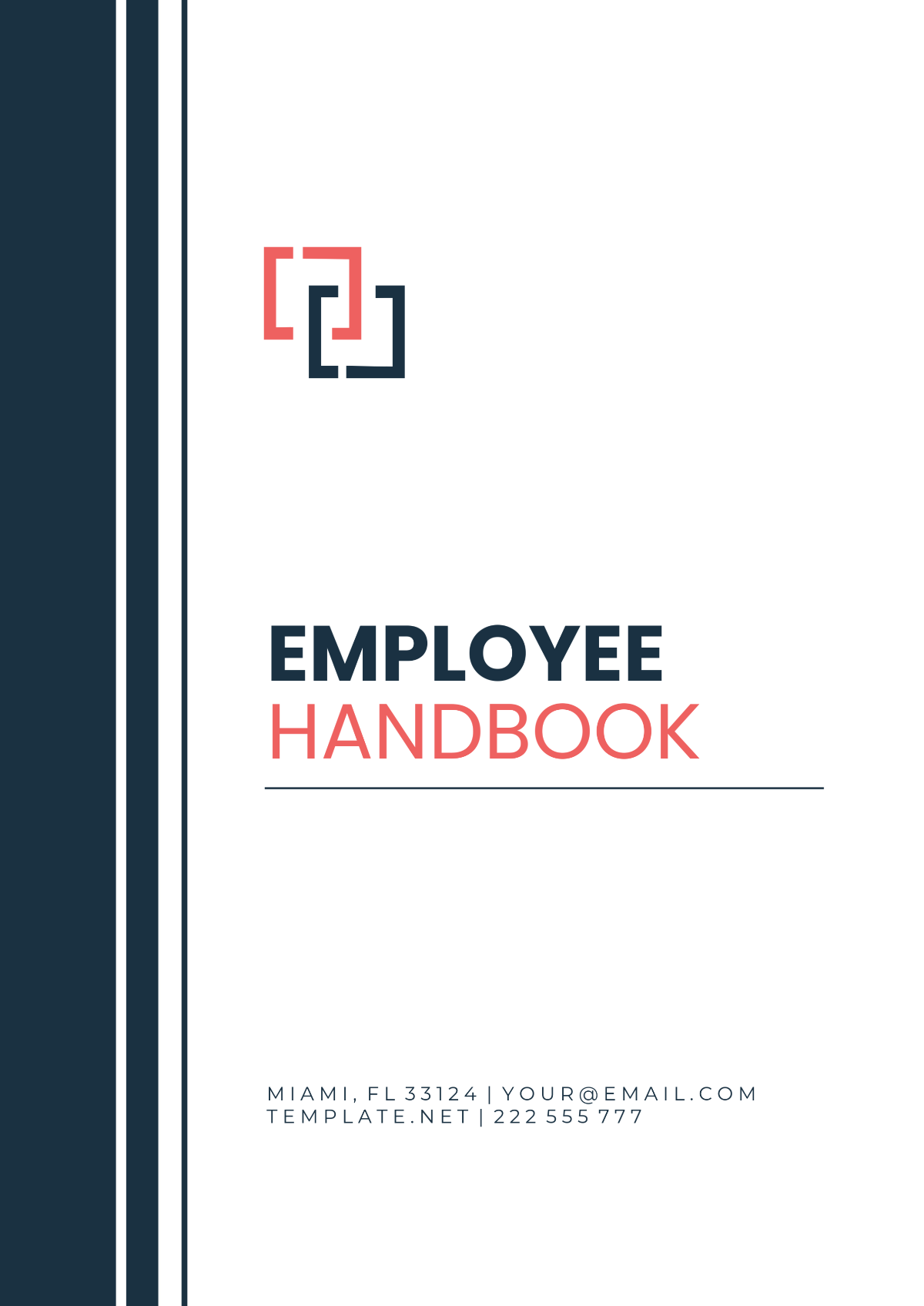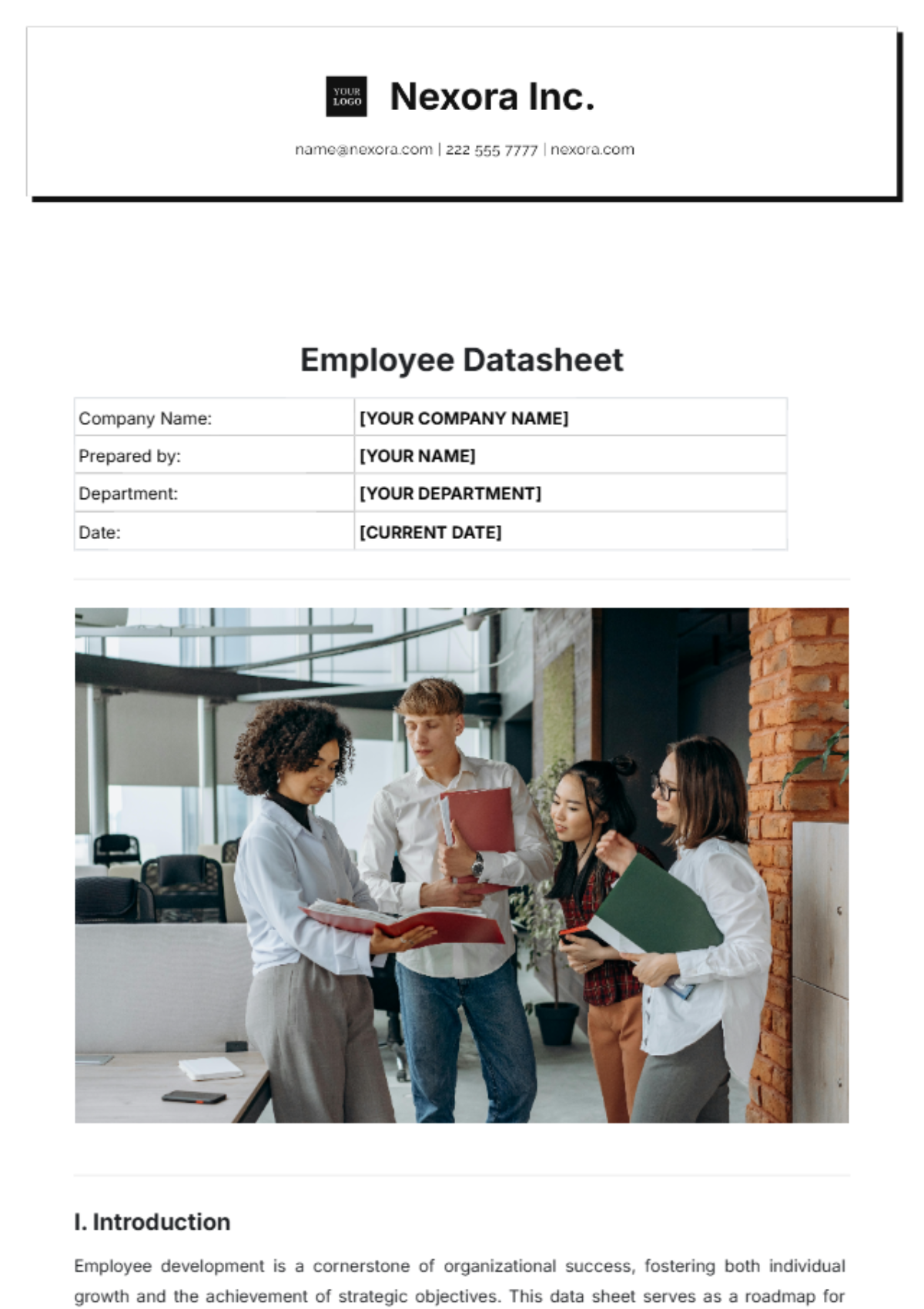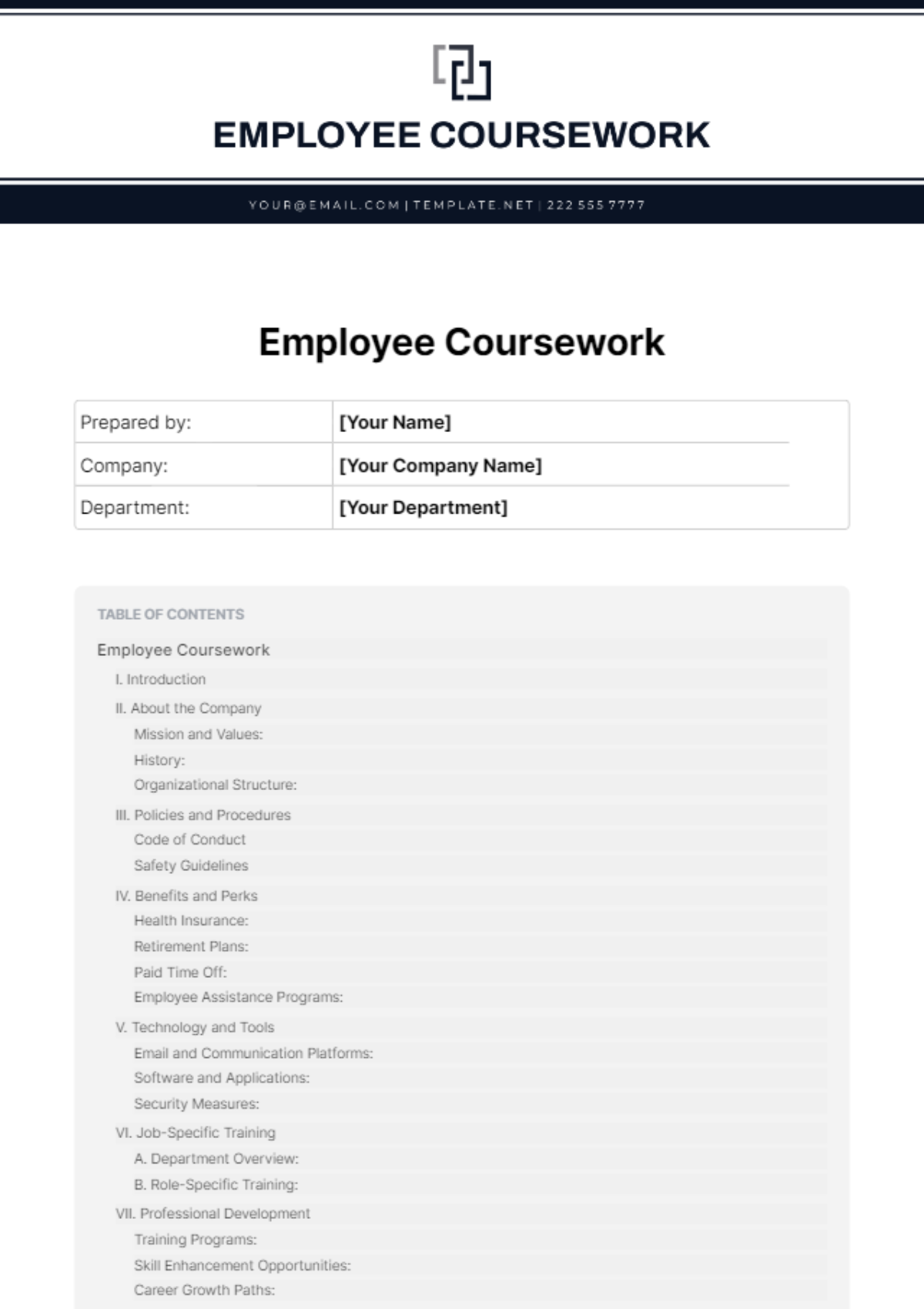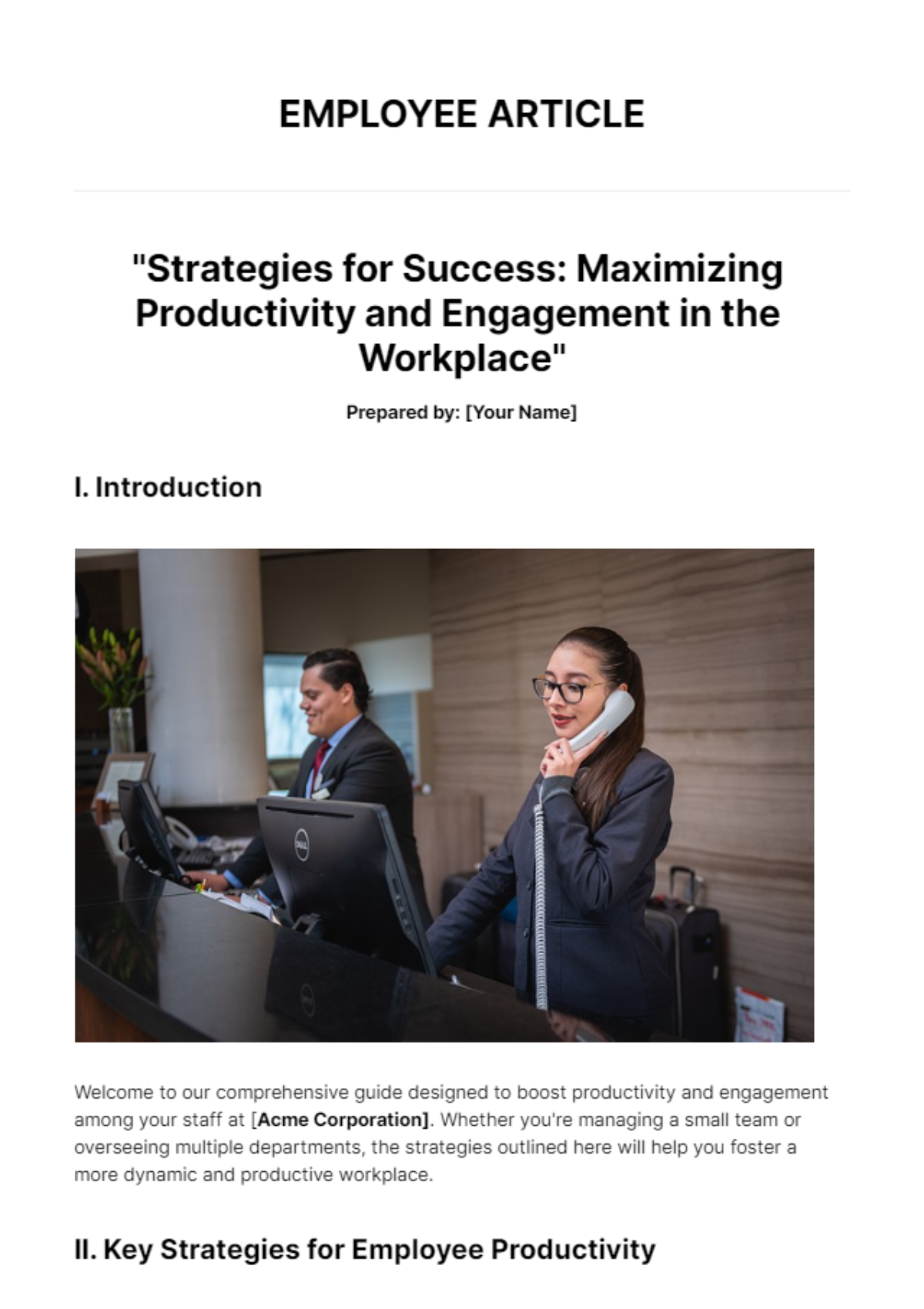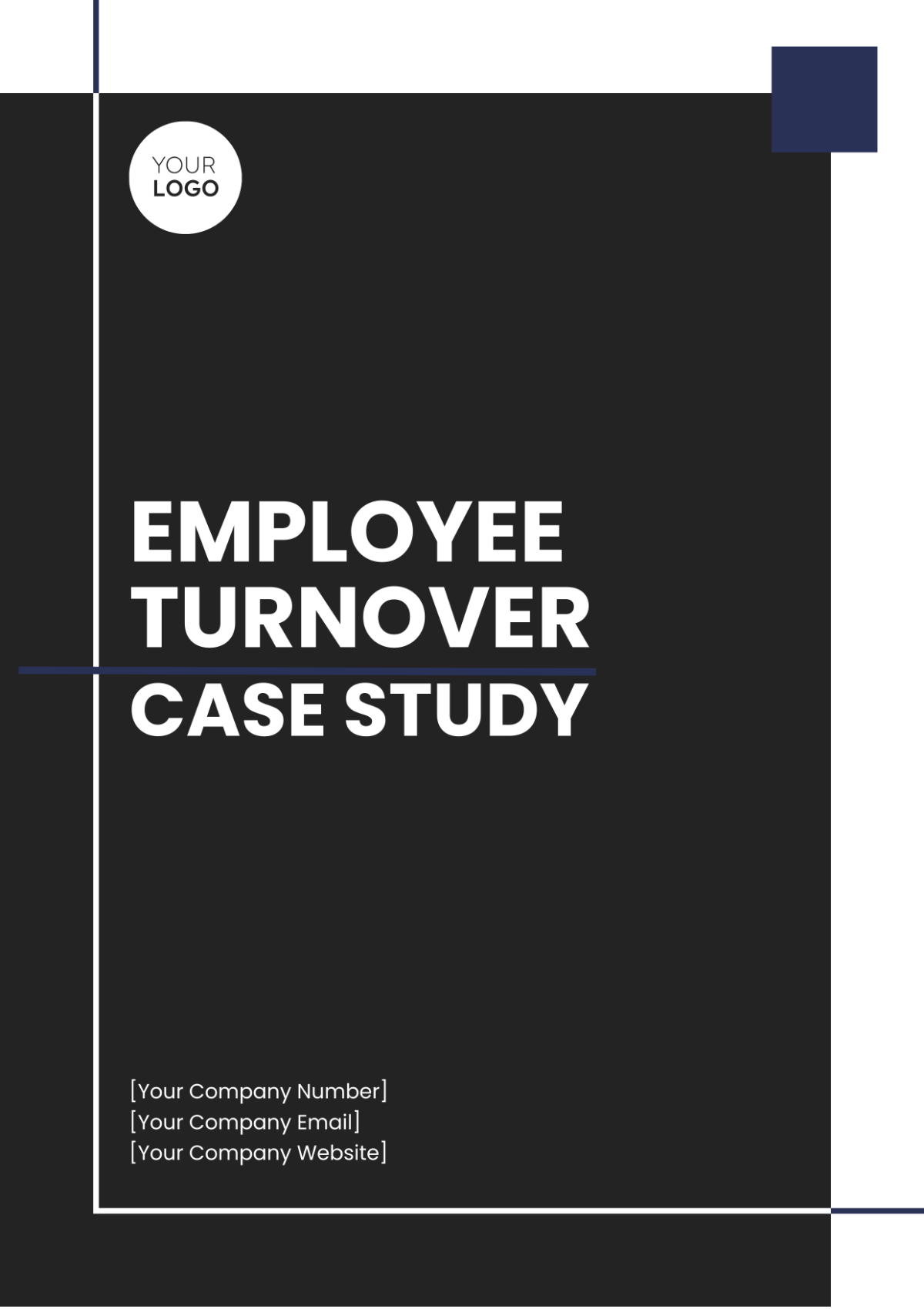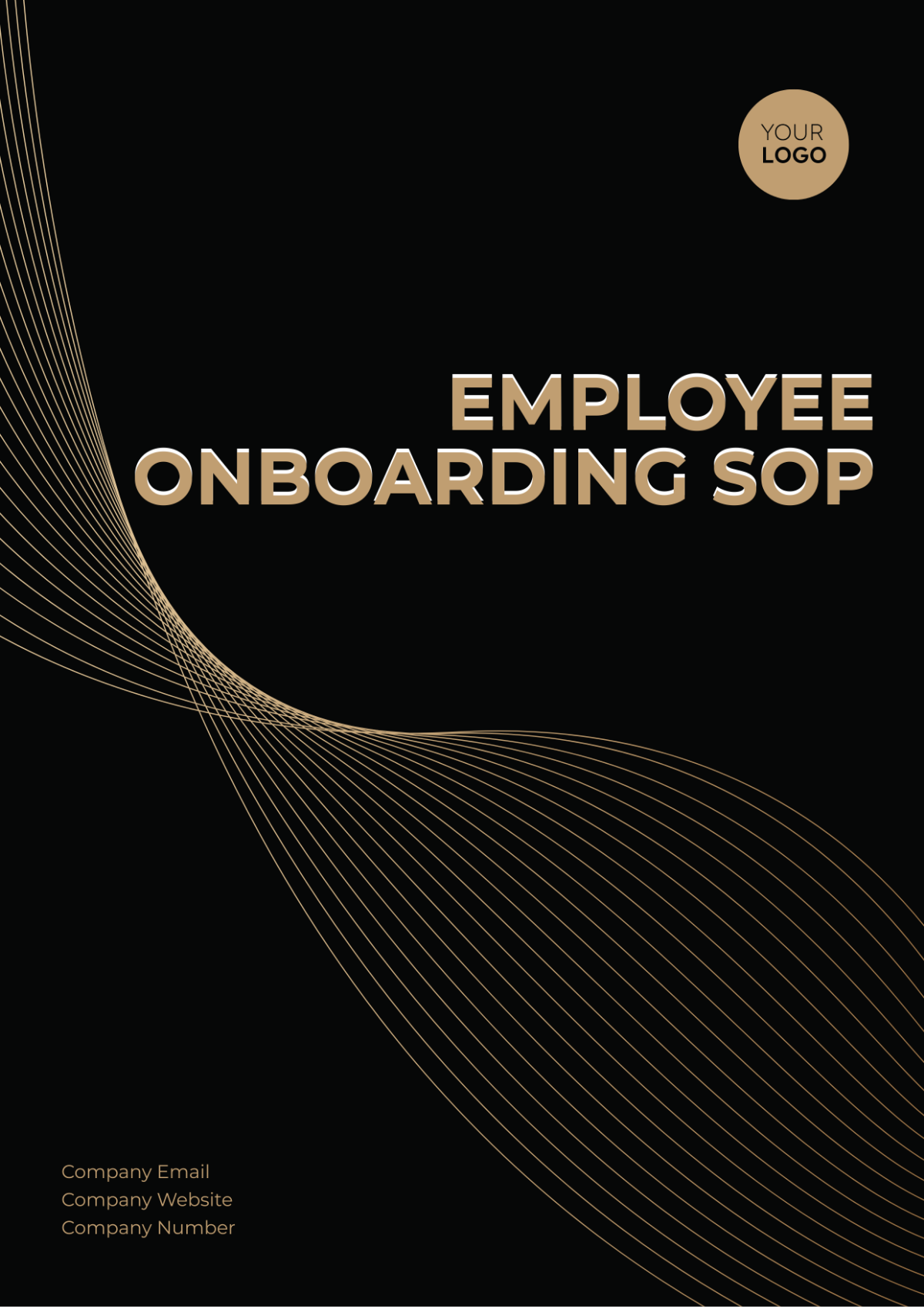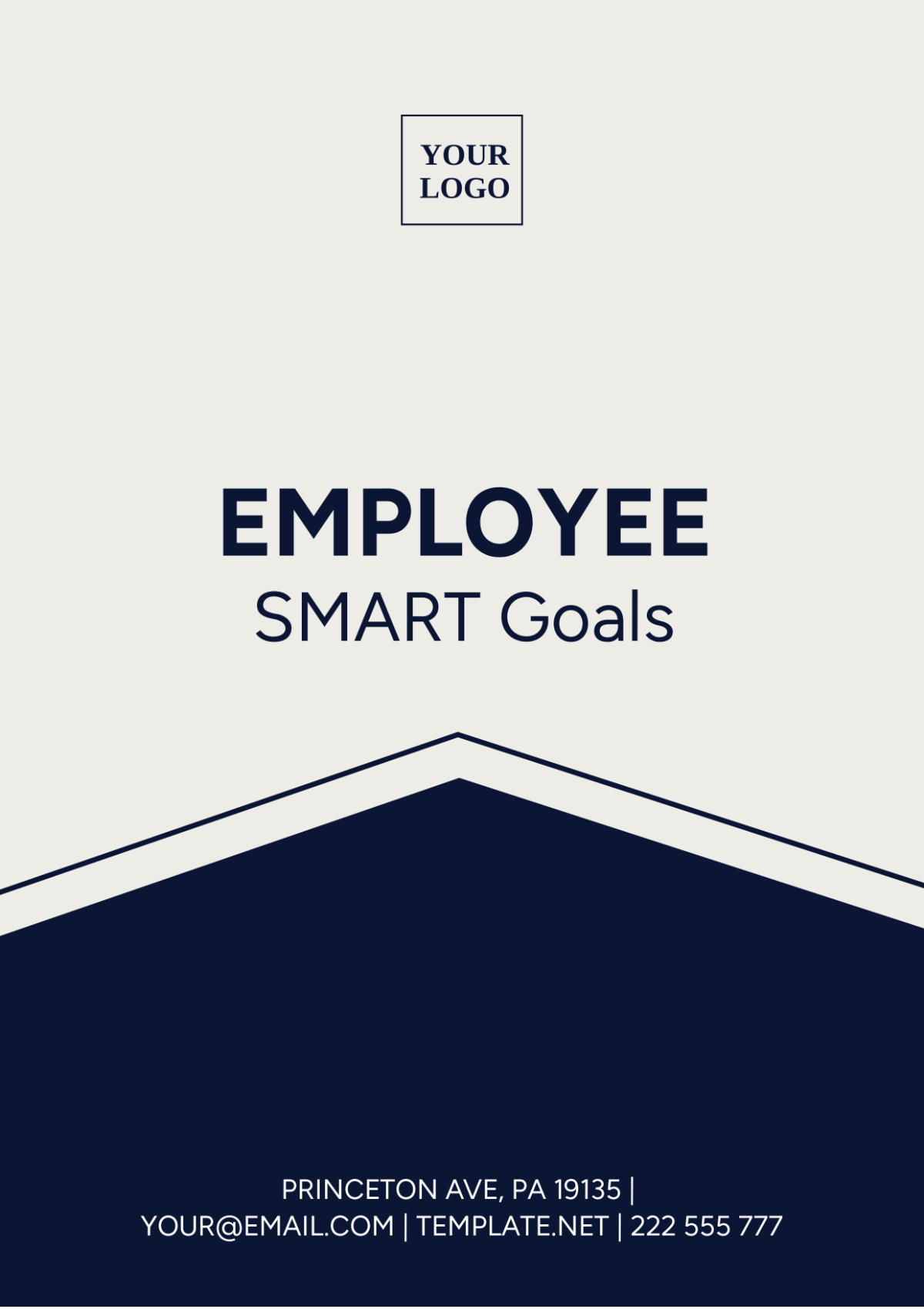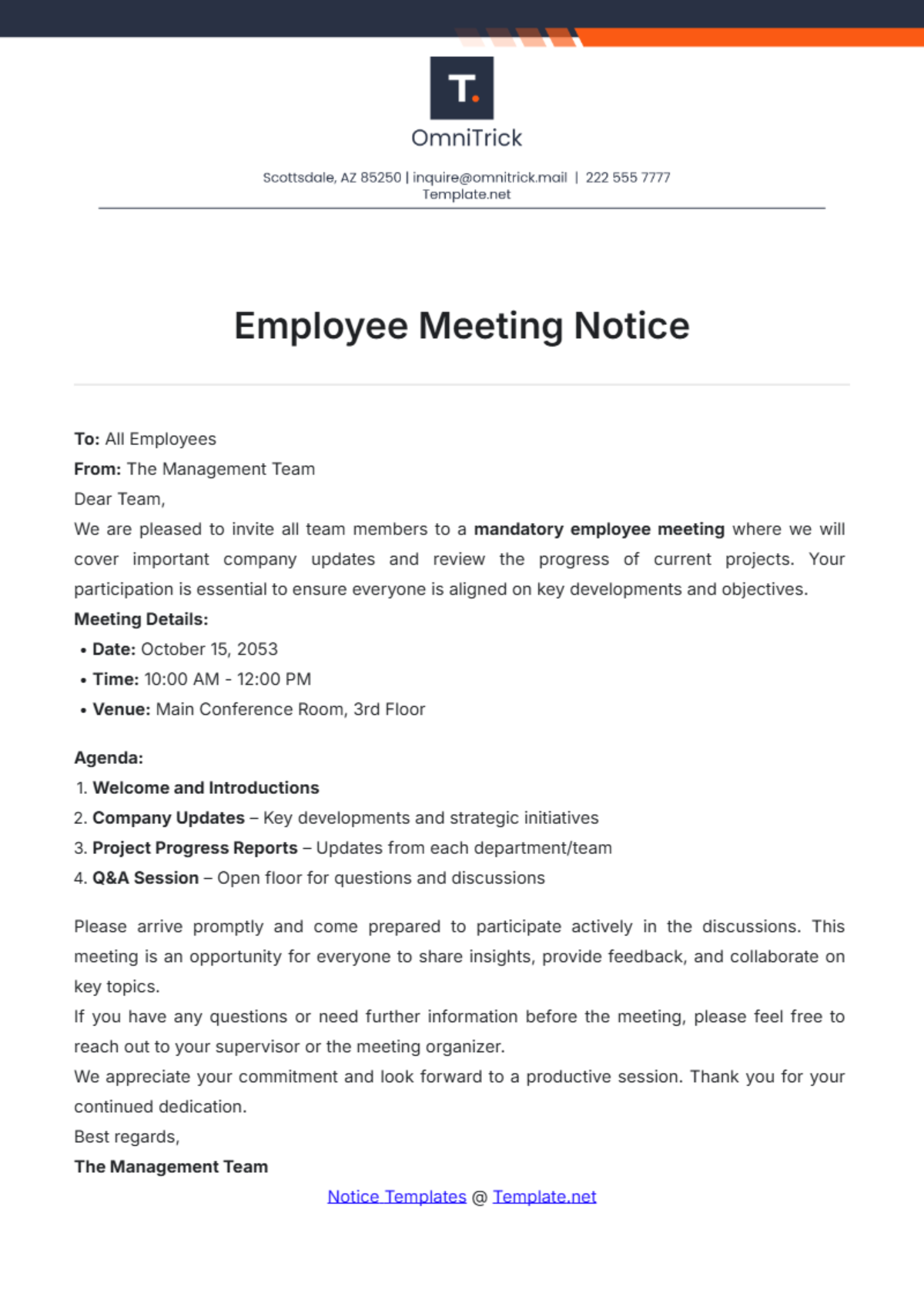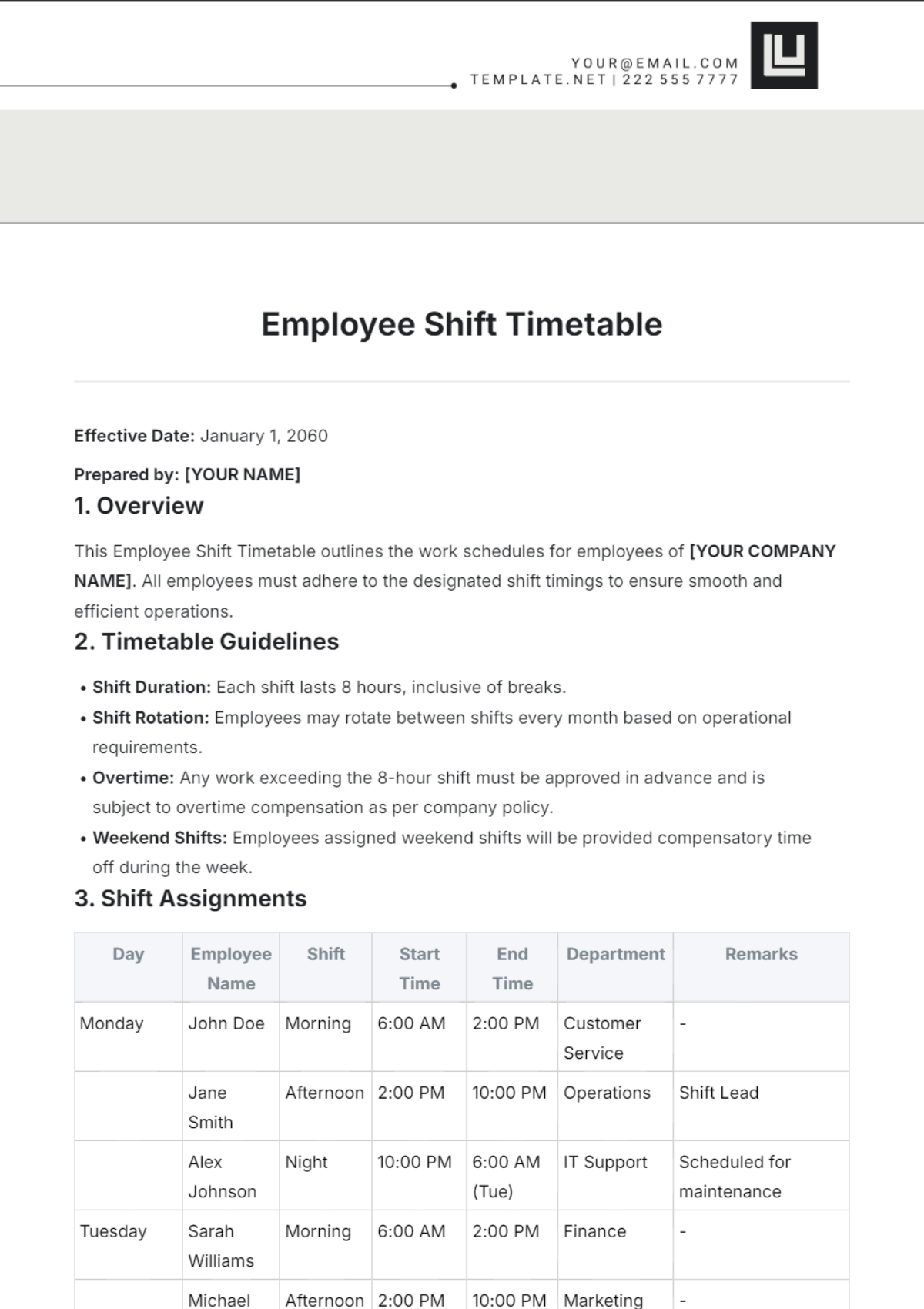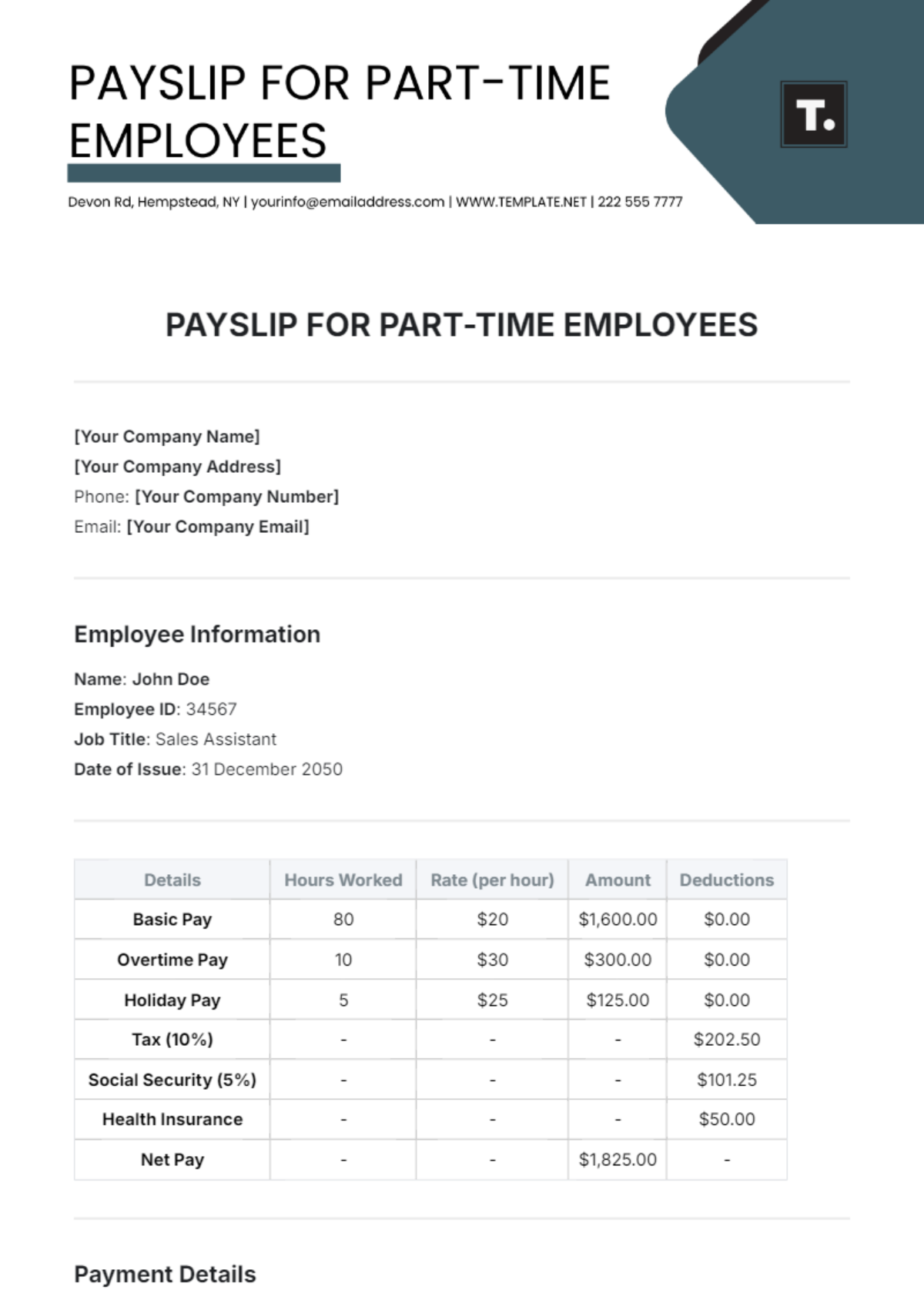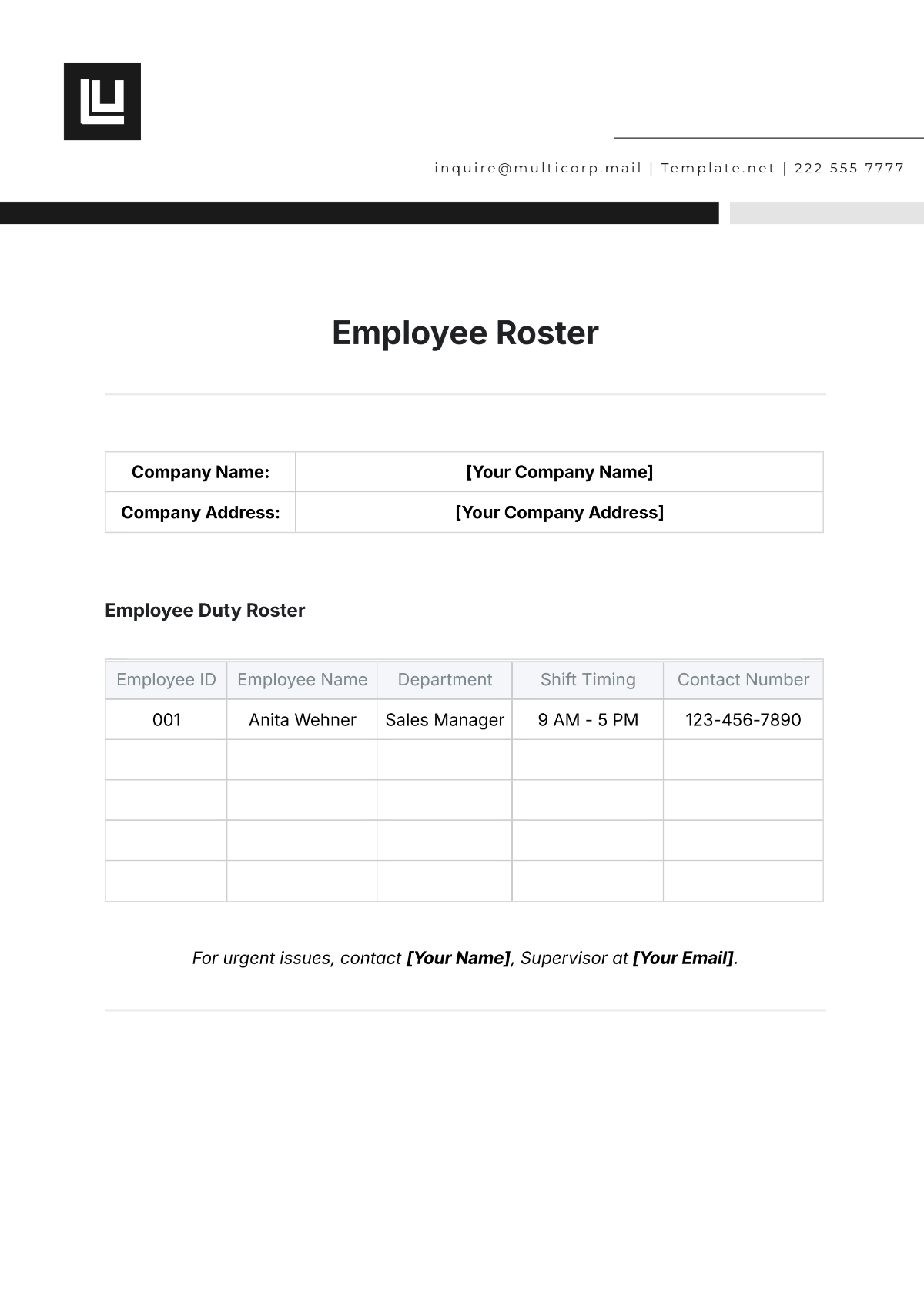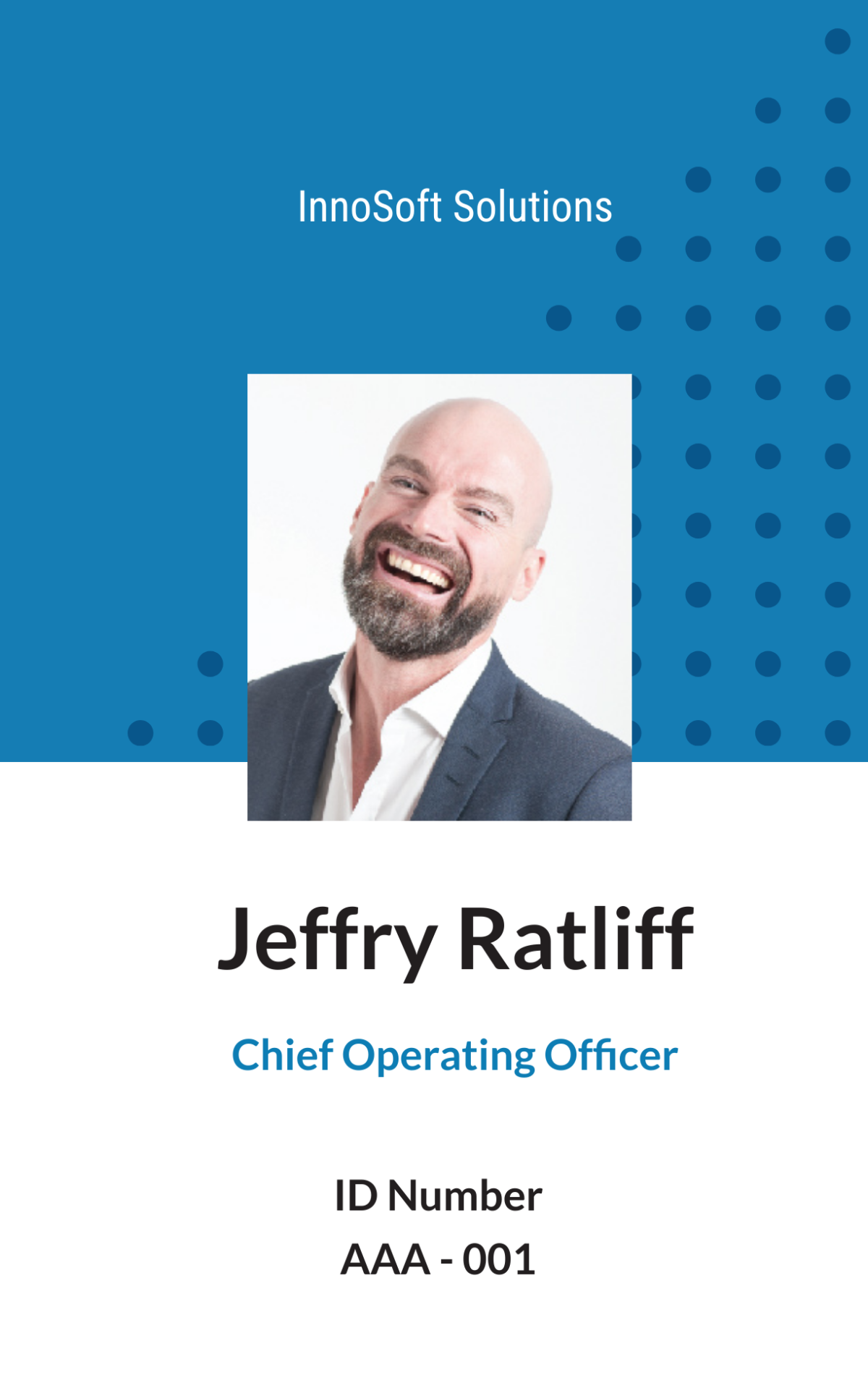Real Estate Employee Grievance Handling Procedure
I. Introduction
We firmly believe in fostering a supportive and transparent work environment where every team member feels valued and respected. Recognizing the importance of addressing grievances promptly and fairly, we have established a comprehensive Grievance Handling Procedure. This procedure underscores our commitment to resolving workplace issues efficiently, ensuring that all employees have a voice and that their concerns are taken seriously. Addressing grievances effectively is pivotal to maintaining a positive workplace atmosphere, enhancing employee satisfaction, and promoting a culture of open communication and mutual respect.
II. Scope
This Grievance Handling Procedure applies to all employees, regardless of their position or tenure within our organization. It is designed to address a wide range of grievances, including, but not limited to, workplace conflicts, discrimination, harassment, safety concerns, and violations of workplace policies or ethical standards. We encourage our team members to come forward with their grievances, assured in the knowledge that their concerns will be addressed in a respectful and confidential manner.
III. Principles
A. Confidentiality
We place utmost importance on maintaining confidentiality throughout the grievance handling process. All grievances, discussions, and investigations will be conducted discreetly to protect the privacy of all involved parties. Information related to a grievance will only be disclosed to those directly involved in the investigation or resolution process, ensuring a secure environment where employees can express their concerns without fear of retaliation or prejudice.
B. Fairness
Our approach to handling grievances is grounded in fairness. We guarantee an impartial evaluation of all grievances, ensuring that every case is examined on its merits without bias. Decisions will be made based on a thorough investigation of the facts, upholding the principles of justice and equality. Every employee's perspective will be considered, and all parties involved will be given an opportunity to present their side of the story.
C. Timeliness
We are committed to addressing and resolving grievances in a timely manner. Upon receipt of a formal grievance, we will acknowledge it within three working days. Investigations will commence promptly and will be conducted efficiently, aiming to reach a resolution within a specified timeframe. Our goal is to minimize the duration of uncertainty and discomfort for all parties involved, ensuring a swift return to a harmonious workplace environment.
D. Representation
Employees have the right to be accompanied or represented during the grievance process. Whether choosing a colleague, a union representative, or another person of their choosing, we respect the right of employees to seek support and representation. This policy ensures that employees feel supported and confident in the grievance handling process, reinforcing our commitment to a fair and transparent approach to resolving workplace issues.
IV. Grievance Procedure
A. Informal Resolution
Before initiating a formal grievance, we encourage employees to seek an informal resolution. This step involves the employee discussing their concern directly with their immediate supervisor or the HR representative. The aim is to resolve the issue swiftly and amicably, fostering open communication and mutual understanding. Often, grievances can be addressed at this stage, negating the need for formal proceedings and maintaining a positive working relationship between all parties involved.
B. Formal Grievance Submission
If an informal resolution is not feasible or if the employee is not satisfied with the outcome, they are encouraged to submit a formal grievance. This step requires the employee to provide a written statement detailing their grievance, including specific incidents, dates, and any evidence supporting their claim. The formal grievance should be submitted to the HR department, which will then initiate the formal grievance handling process.
C. Acknowledgment of Grievance
Upon receiving a formal grievance, the HR department will acknowledge receipt in writing within three working days. This acknowledgment will outline the next steps in the grievance handling process and provide an estimated timeline for the investigation. It serves as an assurance to the employee that their grievance is being taken seriously and will be addressed according to the procedures outlined in this policy.
D. Investigation
The investigation is a critical step in the grievance handling process. It will be conducted promptly and impartially by the HR department or a designated investigator. The investigation may involve interviewing the employee who lodged the grievance, the individual(s) against whom the grievance is filed, and any witnesses. It may also require reviewing relevant documents and evidence. The objective is to gather all pertinent information to make an informed decision on the grievance.
E. Resolution and Decision
Following the investigation, a decision will be made regarding the grievance. The employee will be informed of the decision in writing, detailing the findings of the investigation and the rationale for the decision. If the grievance is upheld, appropriate corrective actions will be outlined. These may include mediation, disciplinary action against those found to be at fault, changes to organizational policies or practices, or any other measures deemed necessary to address the issue and prevent its recurrence.
F. Appeals Process
Should the employee feel that their grievance has not been satisfactorily resolved, they have the right to appeal the decision. The appeal must be submitted in writing within five working days of receiving the decision, stating the grounds for the appeal. An appeal hearing will then be arranged, conducted by a party not involved in the original grievance or investigation. The outcome of the appeal will be final, communicated in writing to all parties involved, and appropriate action will be taken based on the findings of the appeal.
V. Roles and Responsibilities
The effectiveness of the Grievance Handling Procedure depends on the clear understanding and execution of roles and responsibilities by all parties involved. Each role plays a critical part in ensuring a fair, confidential, and timely resolution of grievances. Below is an overview of the roles within the grievance process:
Role | Responsibilities |
Employee | Initiating the grievance process, either informally or formally, and providing all necessary documentation and evidence. |
Supervisor/ Manager | Attempting to resolve grievances informally when possible and participating in the investigation process as required. |
HR Representative | Acknowledging receipt of formal grievances, conducting investigations, making decisions, and managing the appeals process. |
Investigator | Gathering facts through interviews and evidence review, remaining impartial throughout the investigation process. |
Appeal Officer | Reviewing appeal submissions, conducting appeal hearings, and making final decisions on appealed grievances. |
VI. Record-Keeping
Maintaining accurate and confidential records throughout the grievance process is vital. All documentation related to grievances, including informal discussions, formal submissions, investigation notes, decisions, and appeal outcomes, must be securely stored by the HR department. Records should be kept for a minimum of five years to ensure that any subsequent inquiries or legal actions can be adequately addressed. These records will be accessible only to those directly involved in the grievance process or as required by law, maintaining the confidentiality and privacy of all parties.
VII. Policy Review and Modification
This Grievance Handling Procedure will be reviewed annually to ensure its effectiveness and compliance with current laws and best practices. The review will consider feedback from employees, supervisors, and HR representatives, as well as any changes in organizational structure or external legal requirements. Modifications to the policy will be made as needed to better serve the needs of our employees and the organization. Employees will be notified of any significant changes to the procedure, and updated training will be provided to ensure everyone understands their roles and responsibilities under the revised policy. This ongoing review and modification process ensures that our grievance handling procedure remains relevant, fair, and effective in addressing employee concerns.
